How does LCL shipping work?
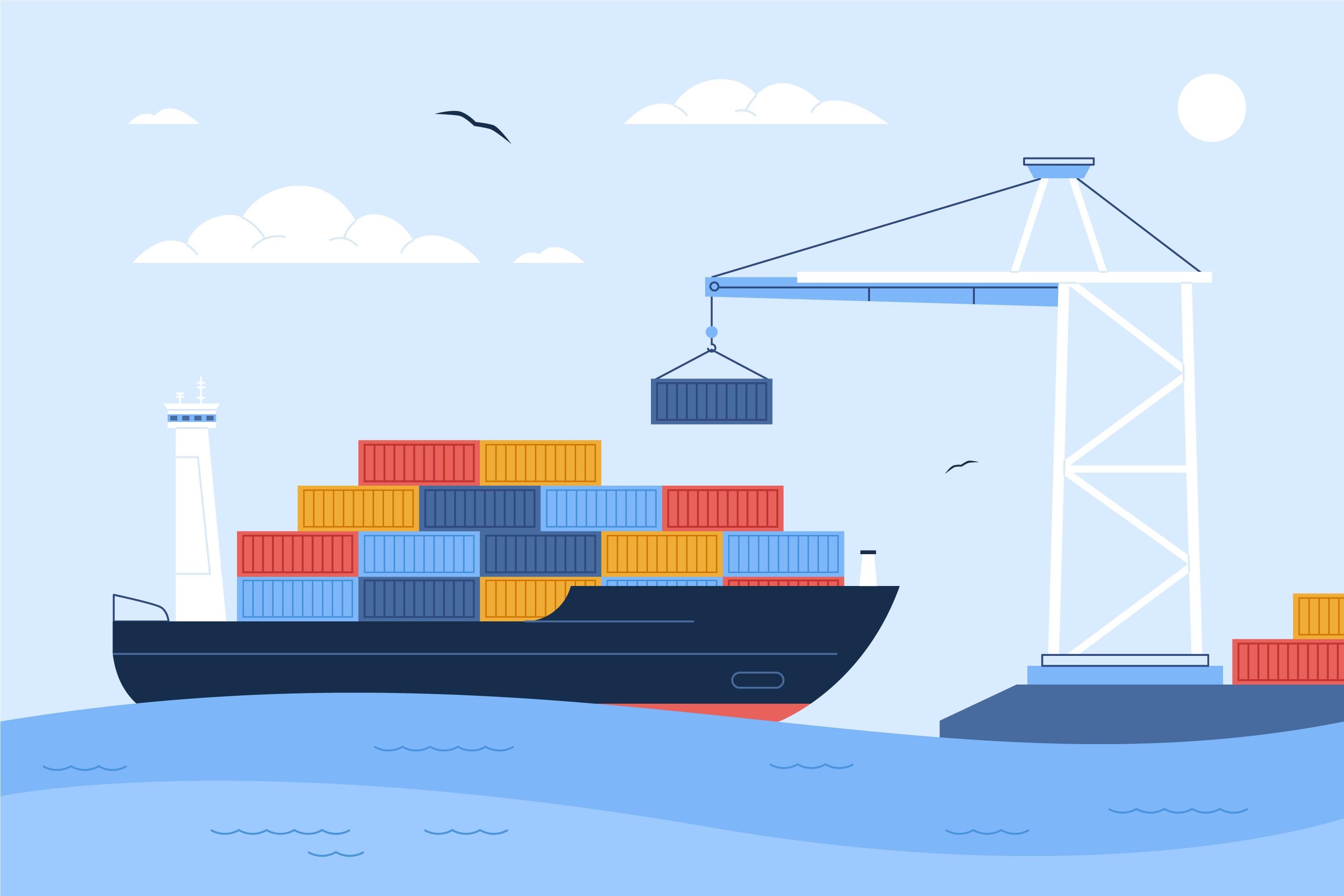
Shipping can be an expensive affair if you are a small firm and you take up a container for the full charge and half of the container is free, which means that you are paying an entire container charge even when you don’t actually need it. This is when the idea of less-than-container load, or LCL, shipping comes to your rescue. This article tries to explain how does LCL shipping work and how it will help your business lower your shipping costs or expenses.
How Does LCL Shipping Work?
LCL shipping is where your stock or cargo doesn’t fill the entire container space. This means that the container takes less than the entire load, and ultimately, it allows different smaller shipments to come together and take up one entire container. It will help lower the shipping costs, and you will have to pay only for the space you use. This shipment is also called a "groupage." This is because many other shipments are grouped together as a consignment in a container.
Booking an LCL
Some steps have to be taken before booking your shipment under LCL shipping. The dimension of the cargo you are planning to ship has to be communicated with the shipping companies in Oman. All the necessary documents that are needed for the shipment, like the Bill of Lading, Commercial Invoice, and the cargo packing list, must be filled out and submitted to the freight forwarder. Depending on the material or item you are planning to ship, there might be a need for additional requirements as well.
Getting your merchandise ready
LCL shipments have a fixed schedule for working, they move in every week, fortnight, or even monthly. You have to understand the process of your LCL shipping provider and plan your time accordingly. Time is a critical factor for LCL shipping. The grouping or combining of different shipments that go under LCL happens at the warehouse called the "origin consolidation warehouse."
There are two options to make the cargo reach the warehouse. Firstly, you can access the cargo services of the LCL shipping provider or you can transport the cargo from your warehouse to the LCL shipping provider's warehouse. In the latter scenario, you have to be careful while packing and labeling your cargo, that is, it should be according to the standard instructions provided by the LCL shipping provider.
The cargo should reach the origin consolidation warehouse with time to spare. The cargo should reach the warehouse at least seven days prior to the sailing date. The time stipulated can change according to your business location. Consultation with the LCL provider will provide you with a better understanding.This will give you enough time to prepare and to determine the weight of your cargo, which has been set to ship, as well as provide detailed packaging for the same.
Transferring to the port
Once the shipment is packed, it is then transferred or shipped to the departure port as mentioned in the contract or booking. The shipments have to reach the departure port at least three days before the scheduled sail date. On the departure date, it is transferred to the shipping line and then set to move to the destination port. In LCL shipping, the shipment is handled by different people at different phases, whereas in full container loading.
Transshipment
Transshipment happens when the goods or cargo have to be transferred to a secondary port. In such a case, the cargo will be unloaded at a transhipment point and then carried to another container as discussed earlier by your LCL shipment provider. In simpler words, the same process when we are travelling on a connecting flight, the process resonates with our luggage transfer from one flight to another.
Arrival at the destination
Once the shipment arrives at the destination port, the freight forwarder agent takes charge of the shipment. The shipment or cargo is then transported to the destination warehouse for deconsolidation. All the shipments are collectively unloaded there, and individual LCL shipments take their course to the ultimate destination.
Receiving your merchandise
The consignee can either go directly to the destination deconsolidation warehouse and take up the LCL shipment assigned to them or take the help of the warehouse agents to deliver the consignment directly to their warehouse.
Sohar has been represented as one of the leading LCL consolidation companies in Oman, serving around 350 destinations worldwide. They are equipped to deal with multi-country consolidation services. With a huge clientele and very responsive customer service, Sohar Shipping is known for their seamless shipping provisions and has been known to maintain high standards of quality, compliance, and efficiency.
Latest Blogs
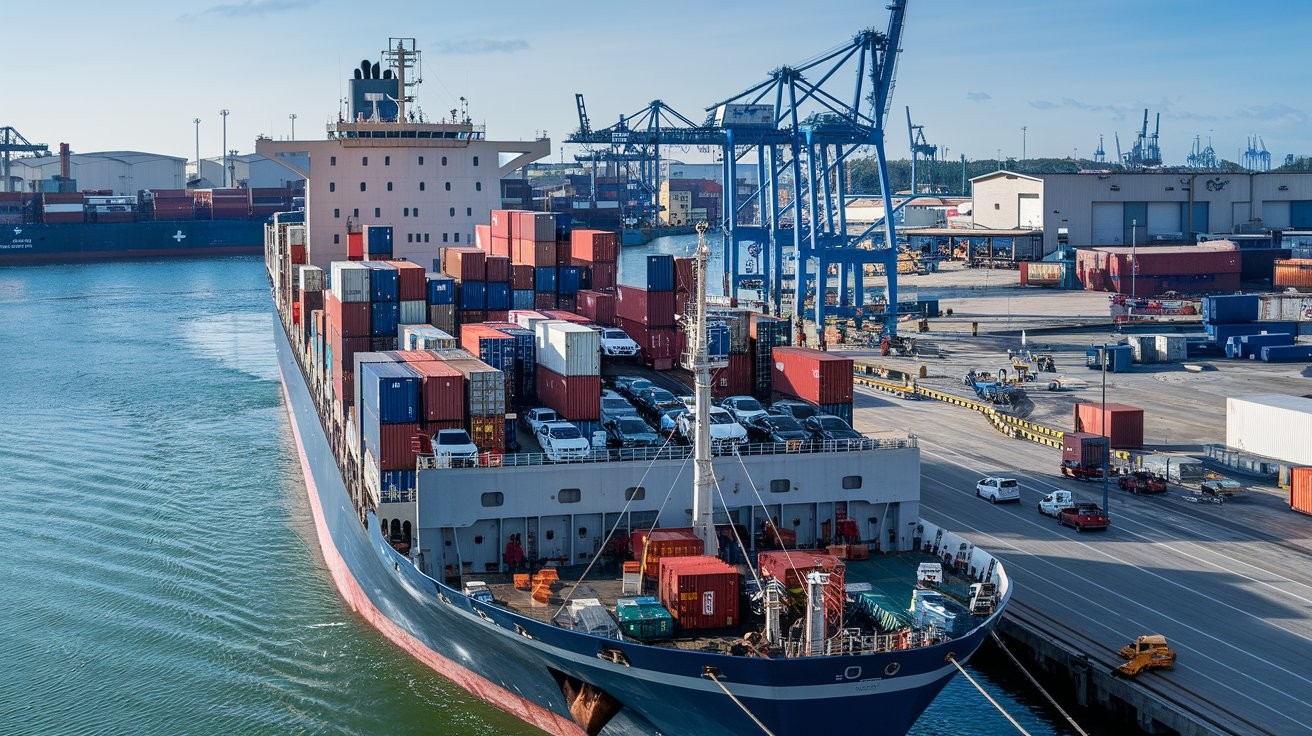

Key Benefits of End to End Supply Chains
20 Sep, 2024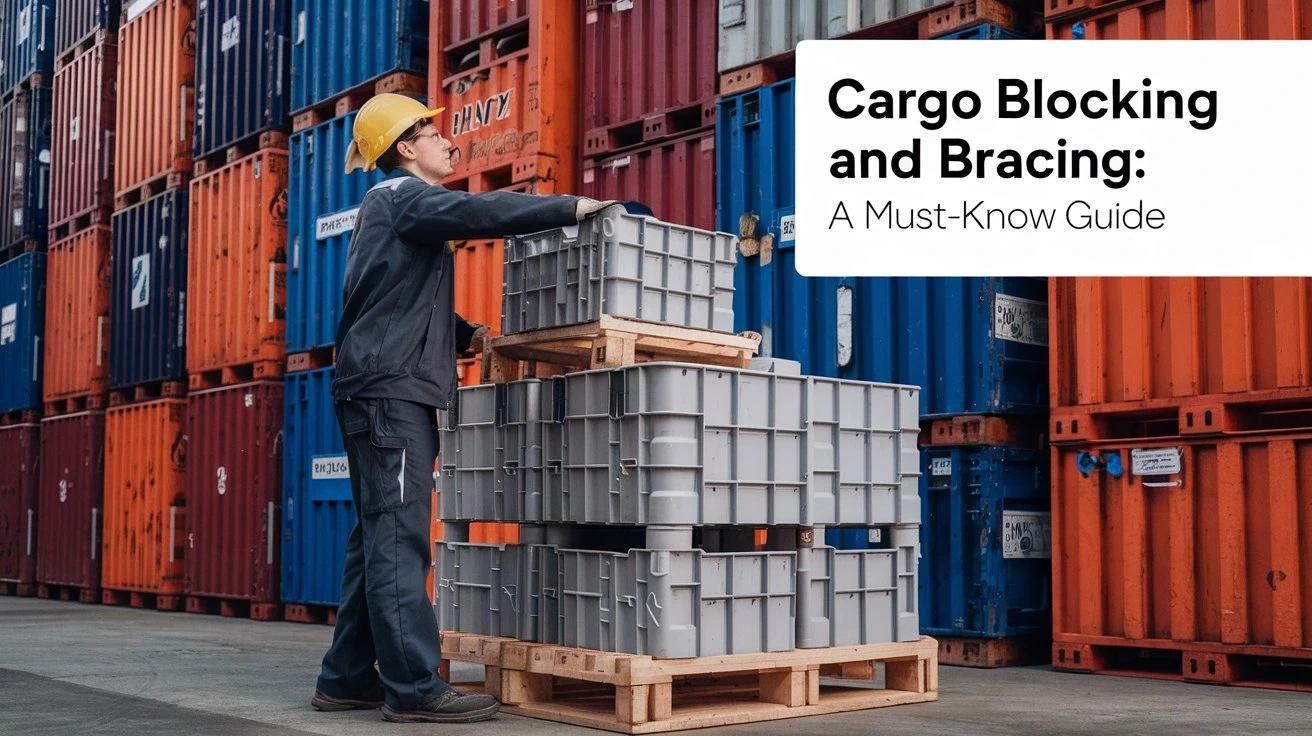
Cargo Blocking and Bracing: A Must-Know Guide
17 Sep, 2024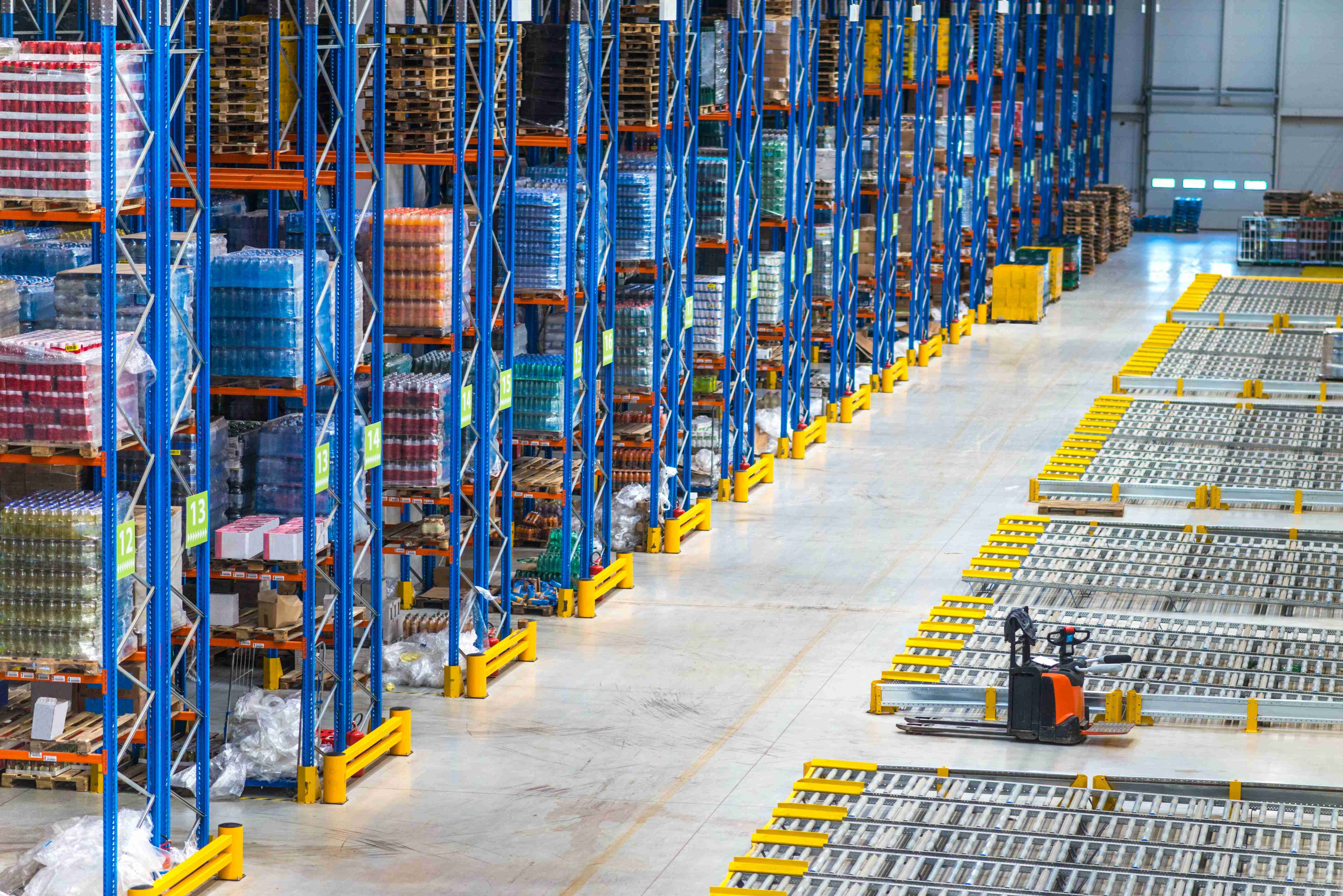
Third-Party Logistics (3PL): A Complete Guide
31 Jan, 2024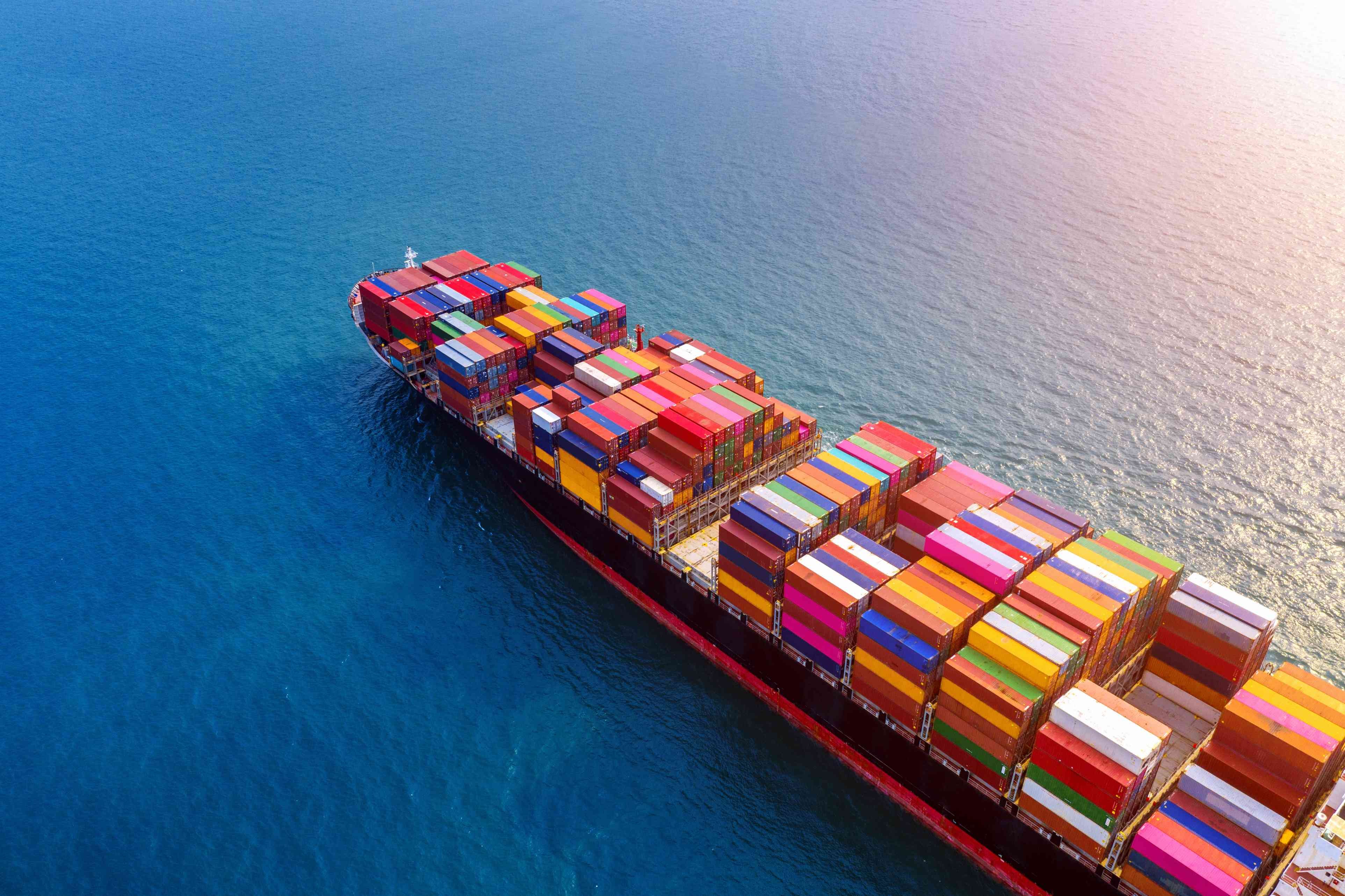
How do I book a container by sea freight
27 Nov, 2023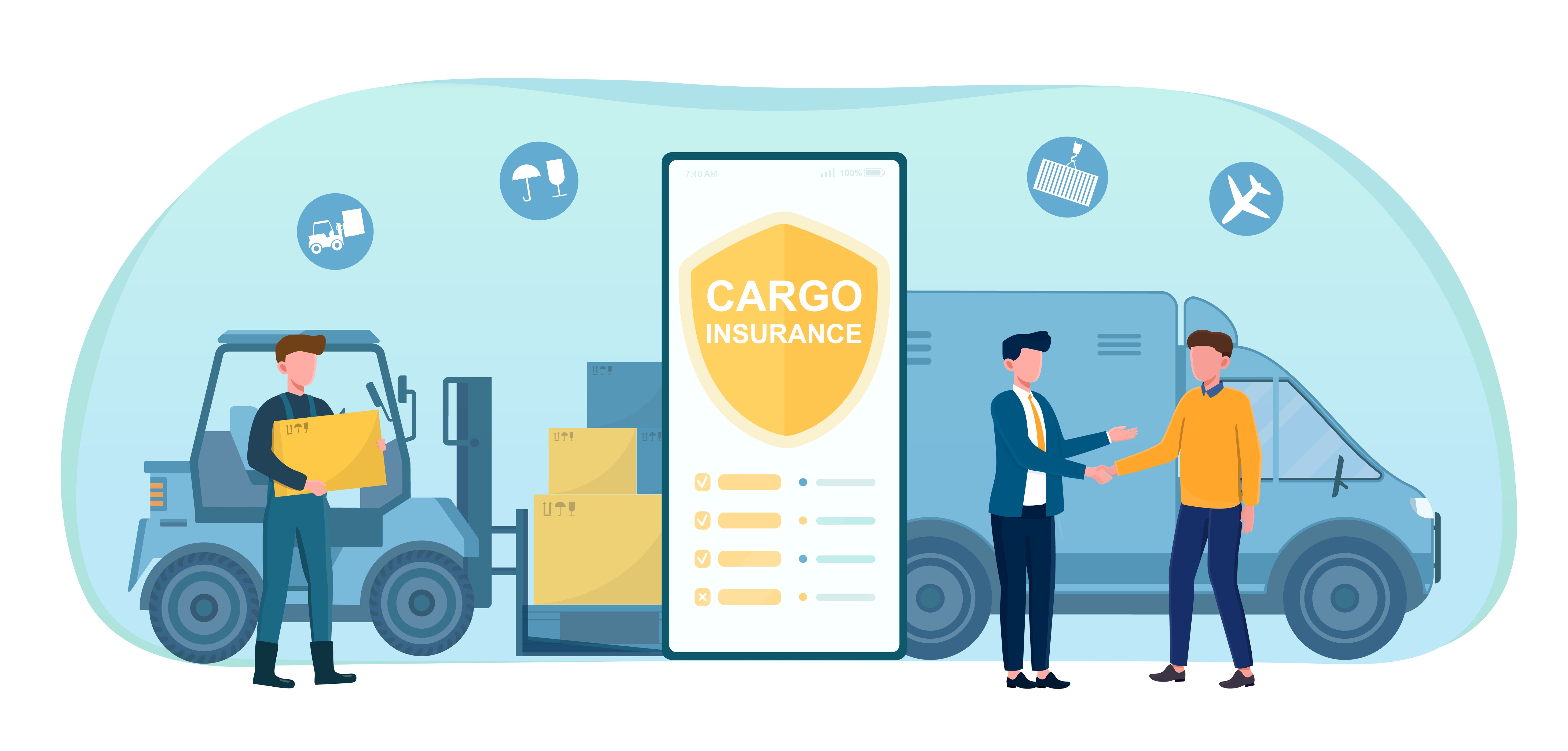
Top Reasons You Need A Cargo Insurance
30 Aug, 2023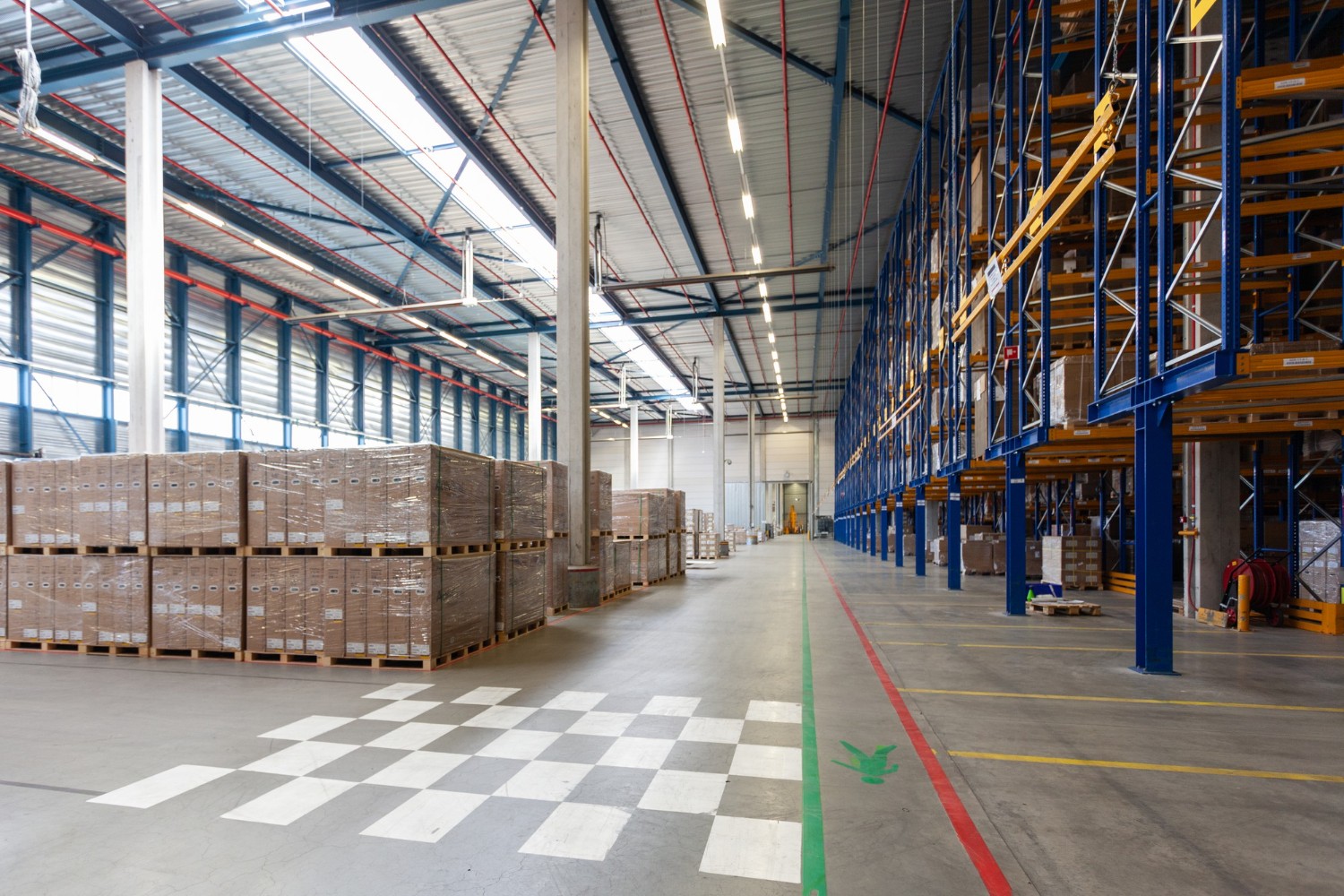
Benefits of Customs Bonded Warehousing
24 Jul, 2023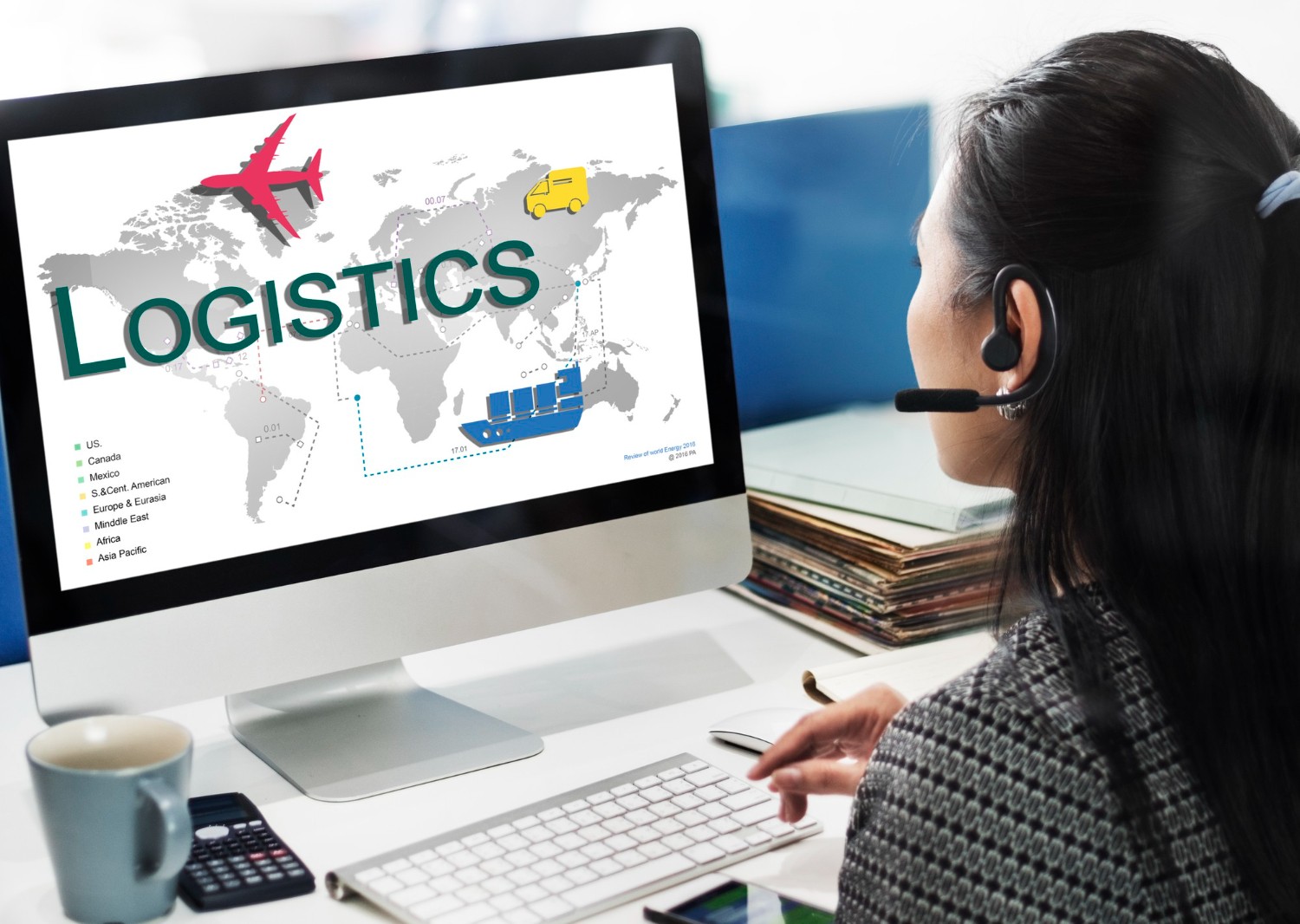
Benefits of Logistics Outsourcing
30 Jun, 2023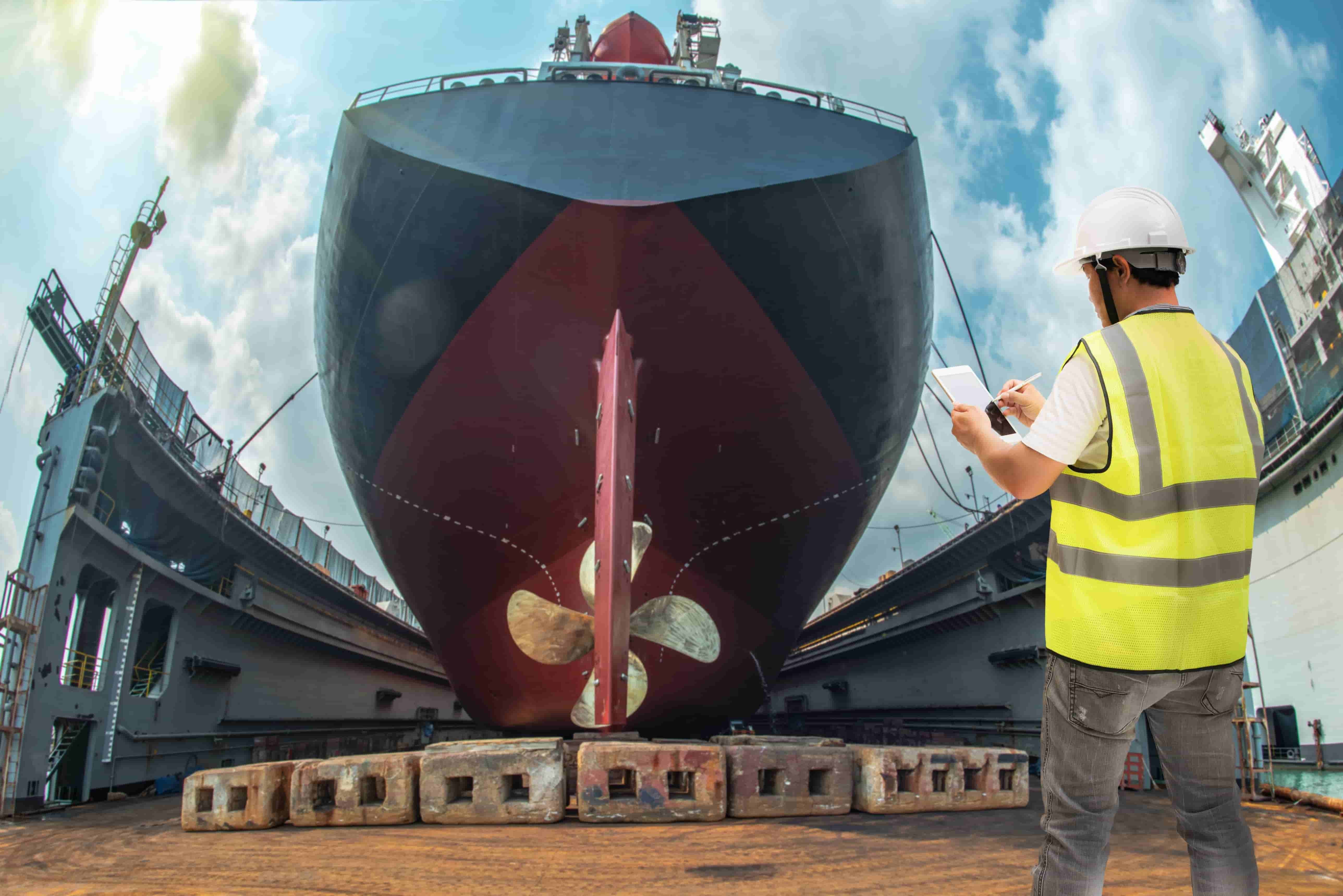
What is Dry Docking & Why Do Ships Do It?
30 May, 2023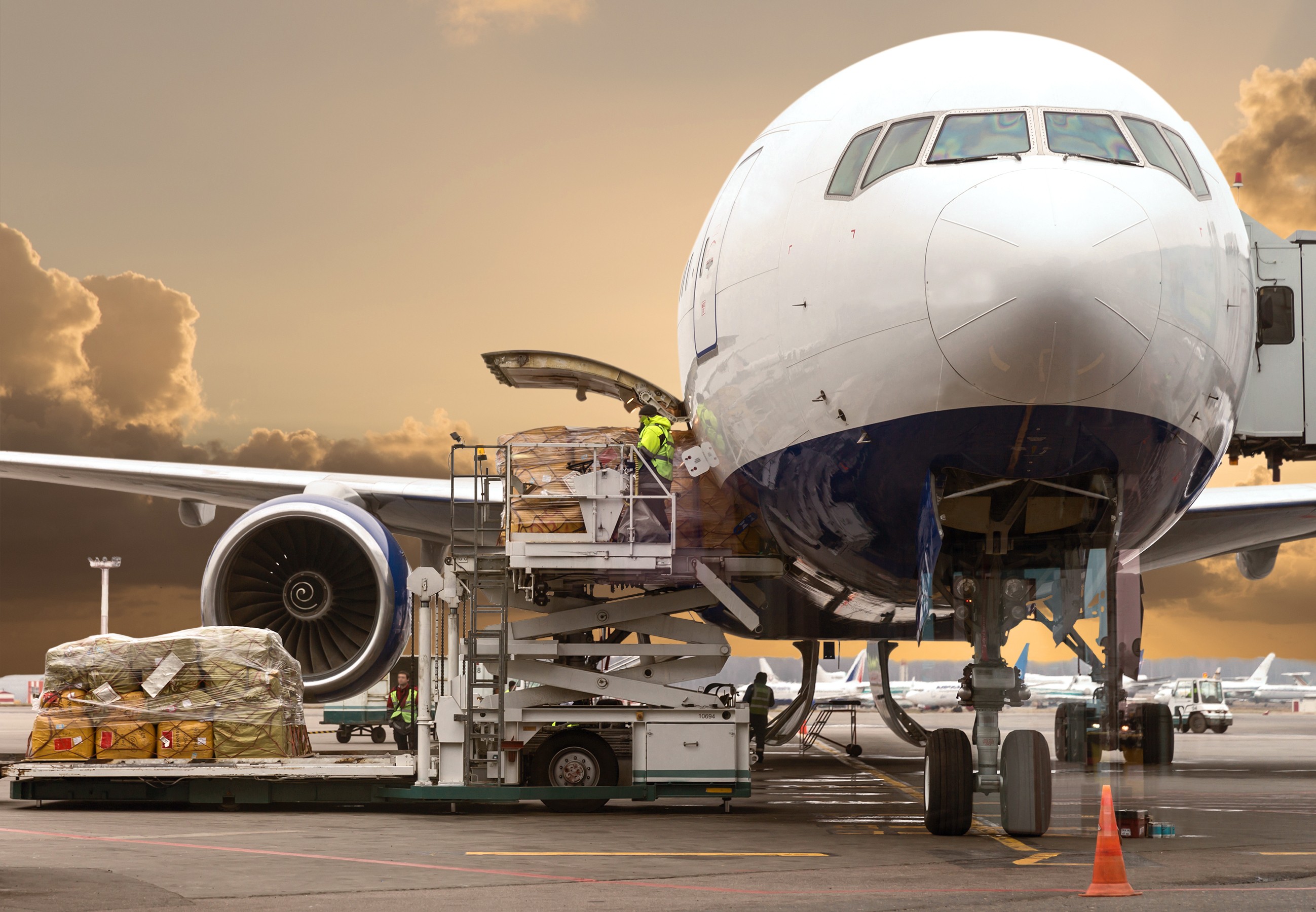
All You Need to Know About Air Freight
16 May, 2023
Ways Carriers Benefit from Contract Logistics
25 Apr, 2023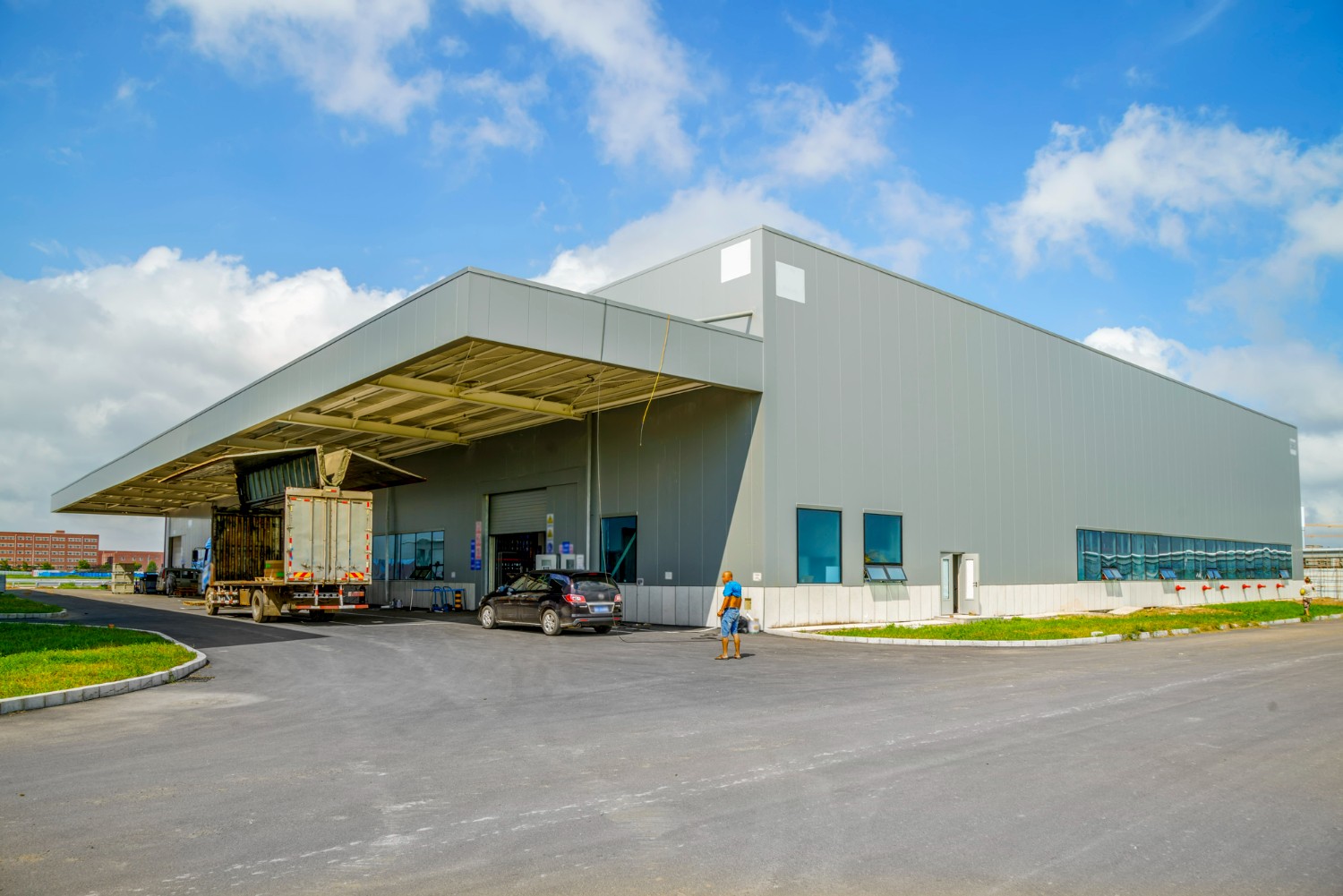
Pros and Cons of Contract Warehousing
27 Mar, 2023641c5faf72d6a.jpg)
Advantages of Freight Consolidation
23 Mar, 2023
All You Need to Know About Freight Charges
27 Feb, 2023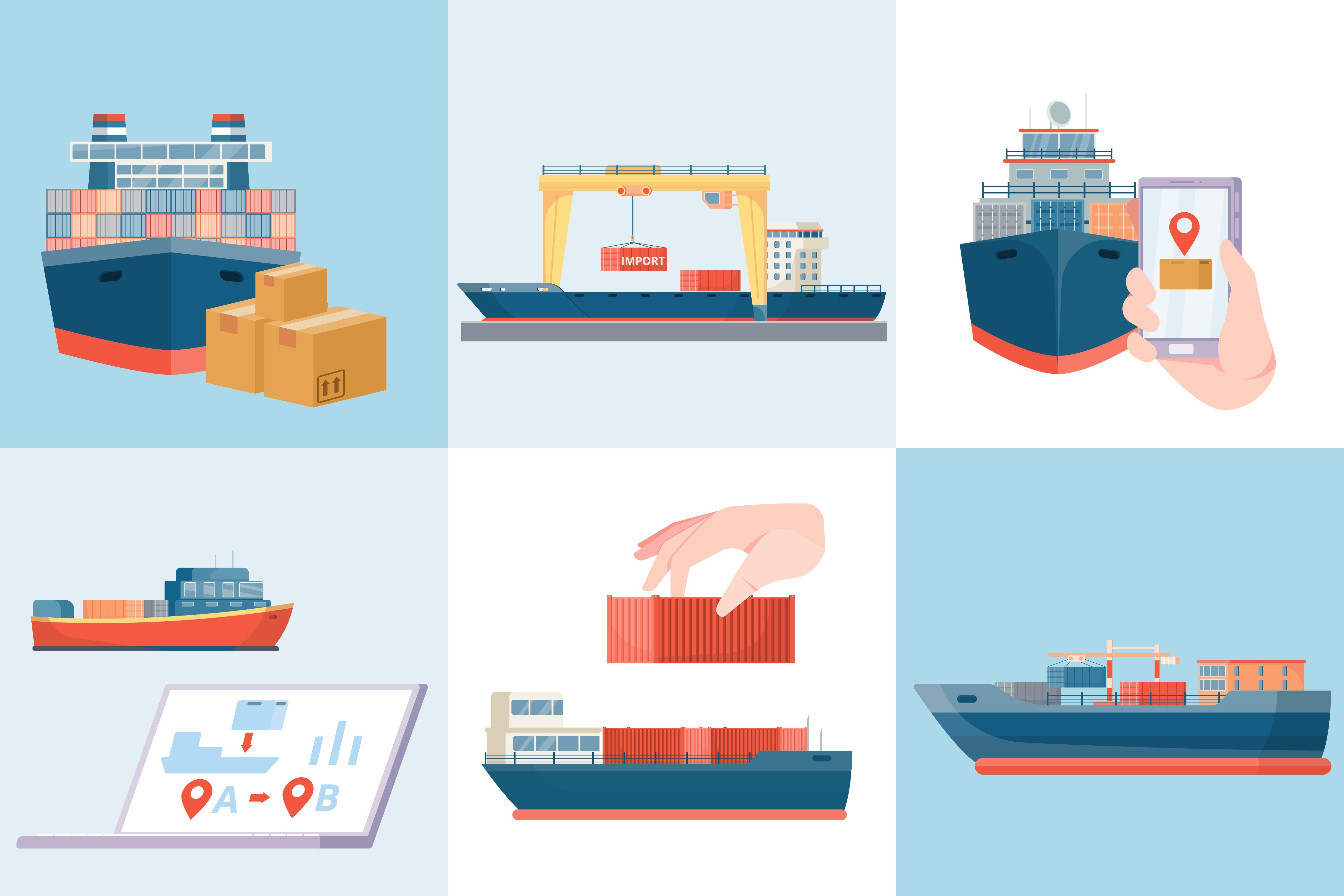
How to Find A Good Freight Forwarder?
24 Jan, 2023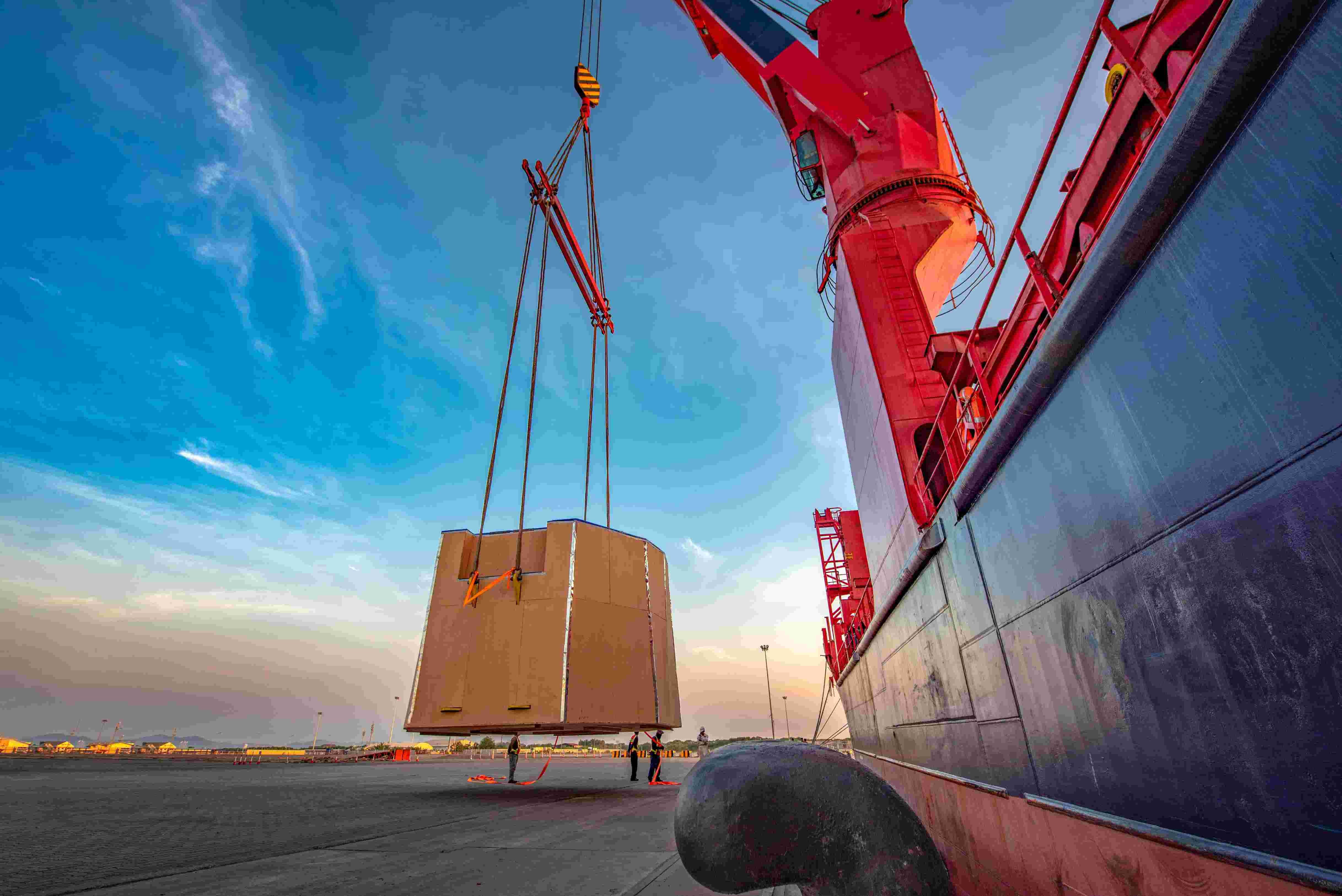
What is Project Cargo and How is it Transported?
07 Nov, 2022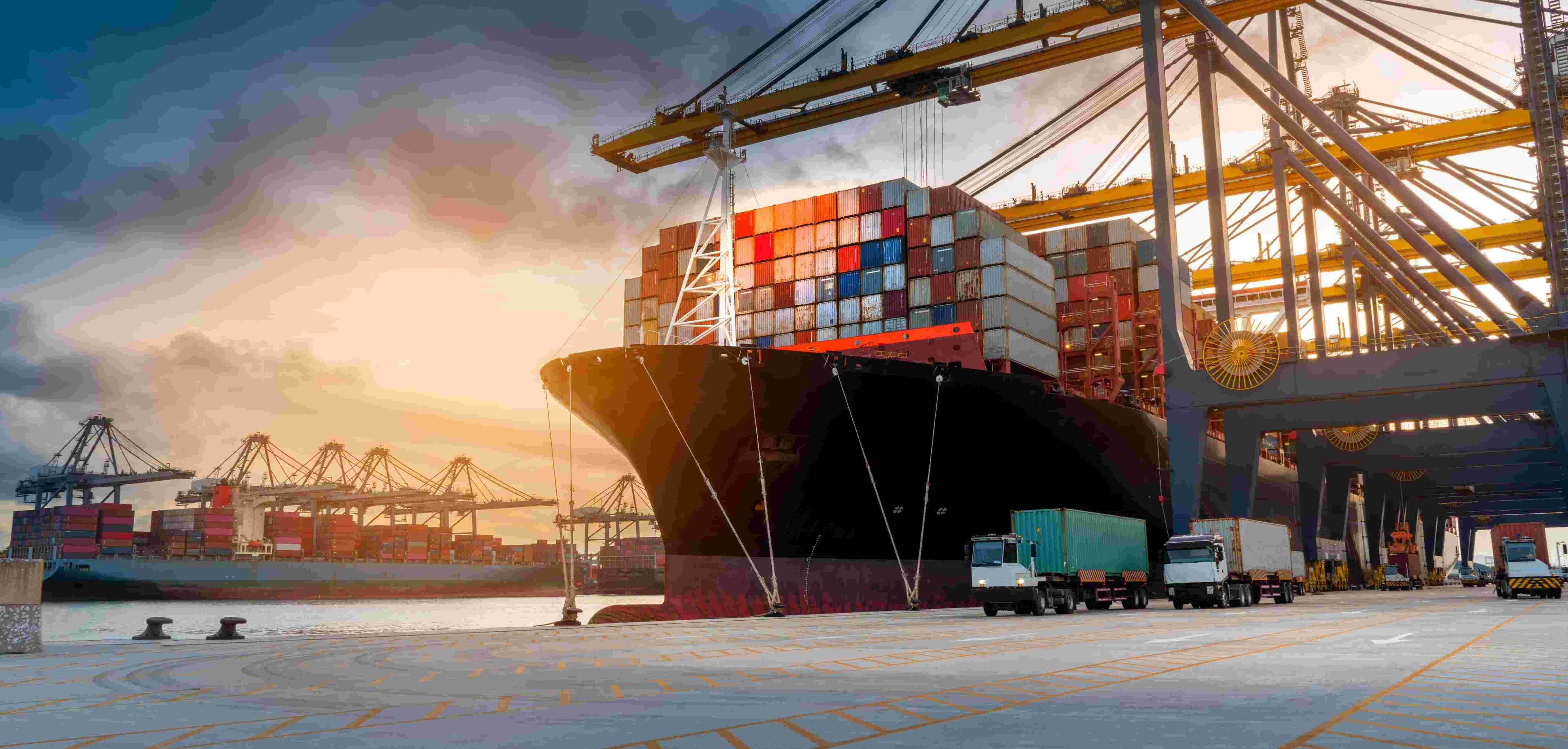
How International Ocean Freight Shipping Works
25 Oct, 2022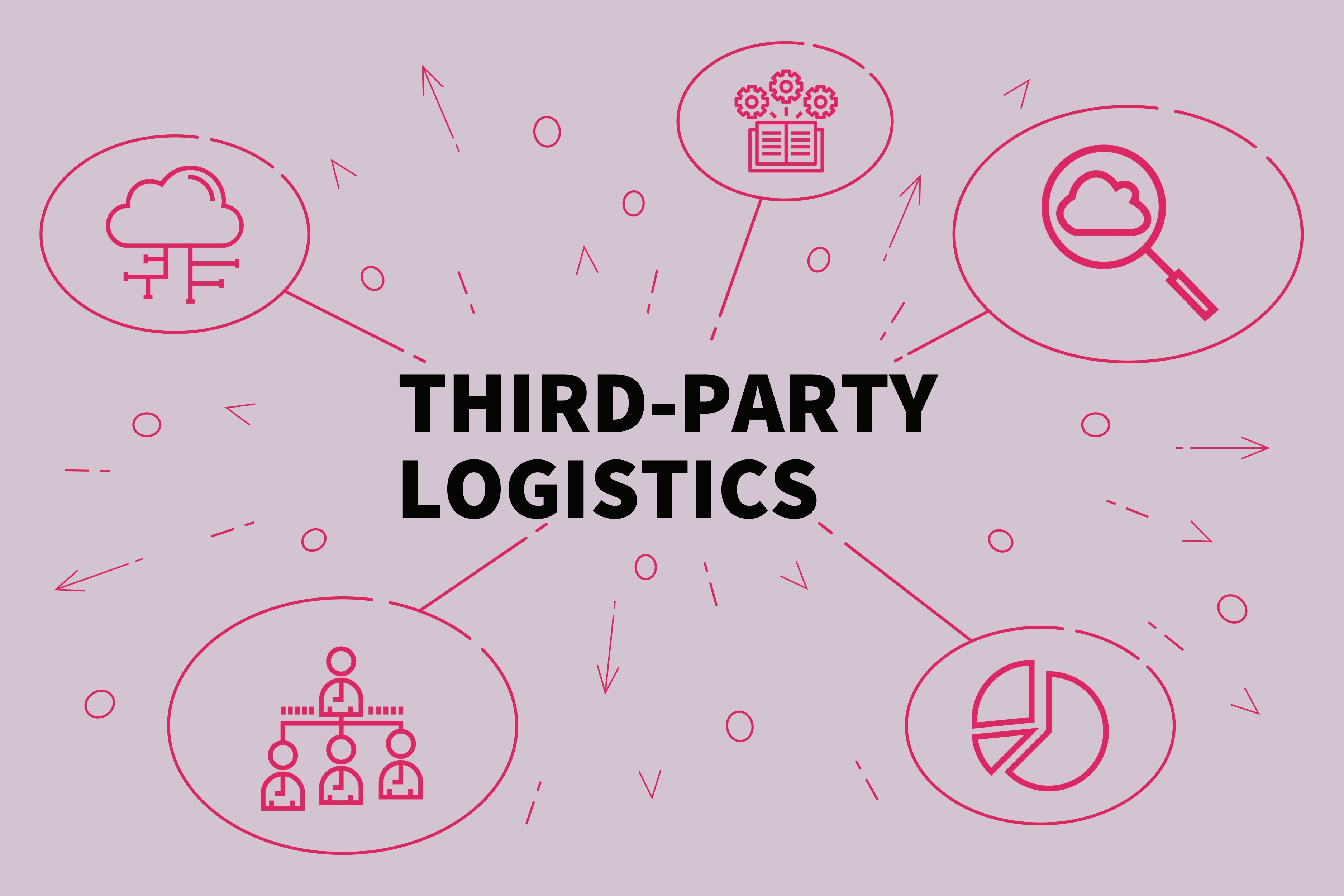
8 Ways to Optimize Your 3PL Relationship
22 Sep, 2022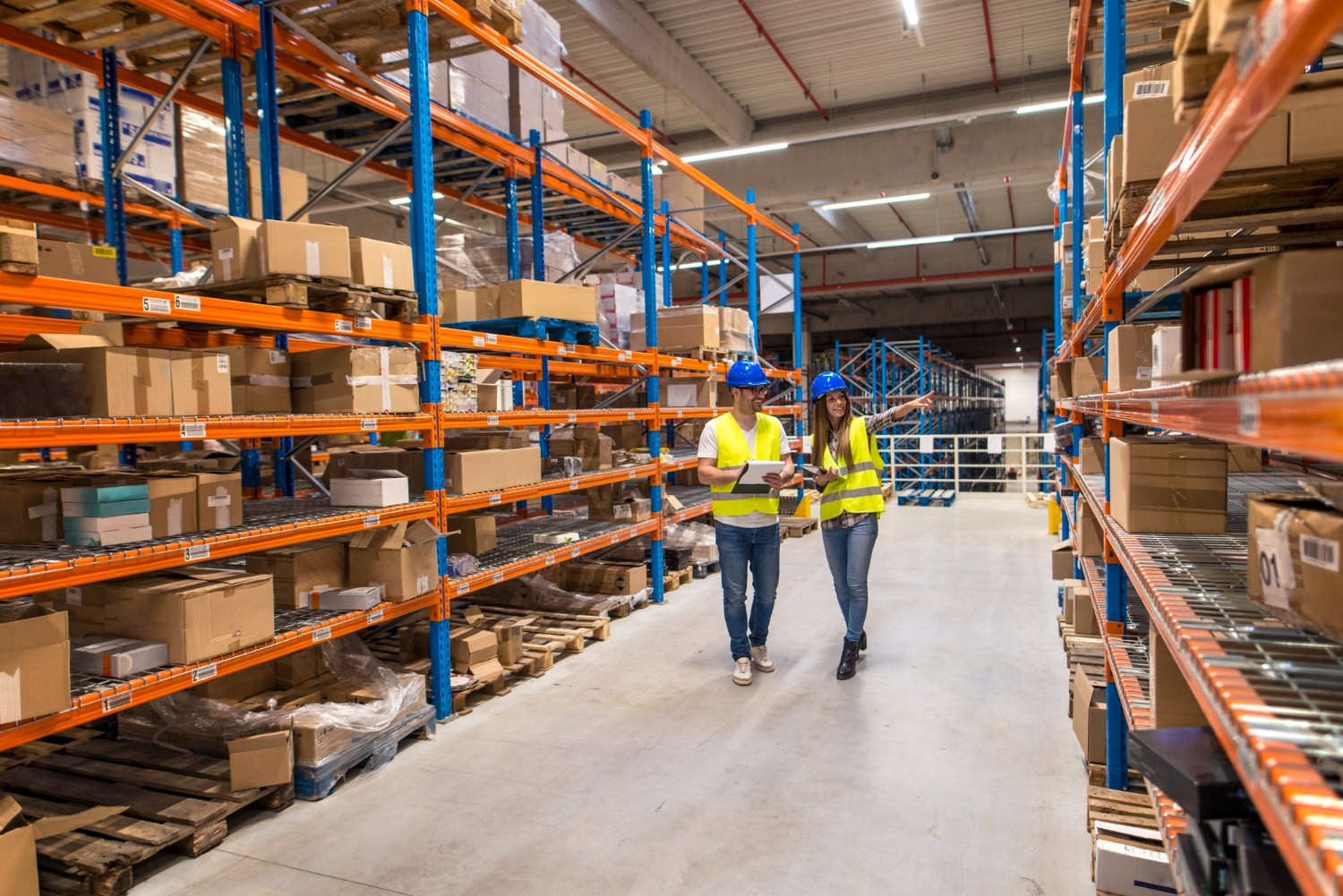
Benefits Of Using An Outsourced Warehouse
22 Aug, 2022
Importance of Cargo Insurance
30 Jul, 2022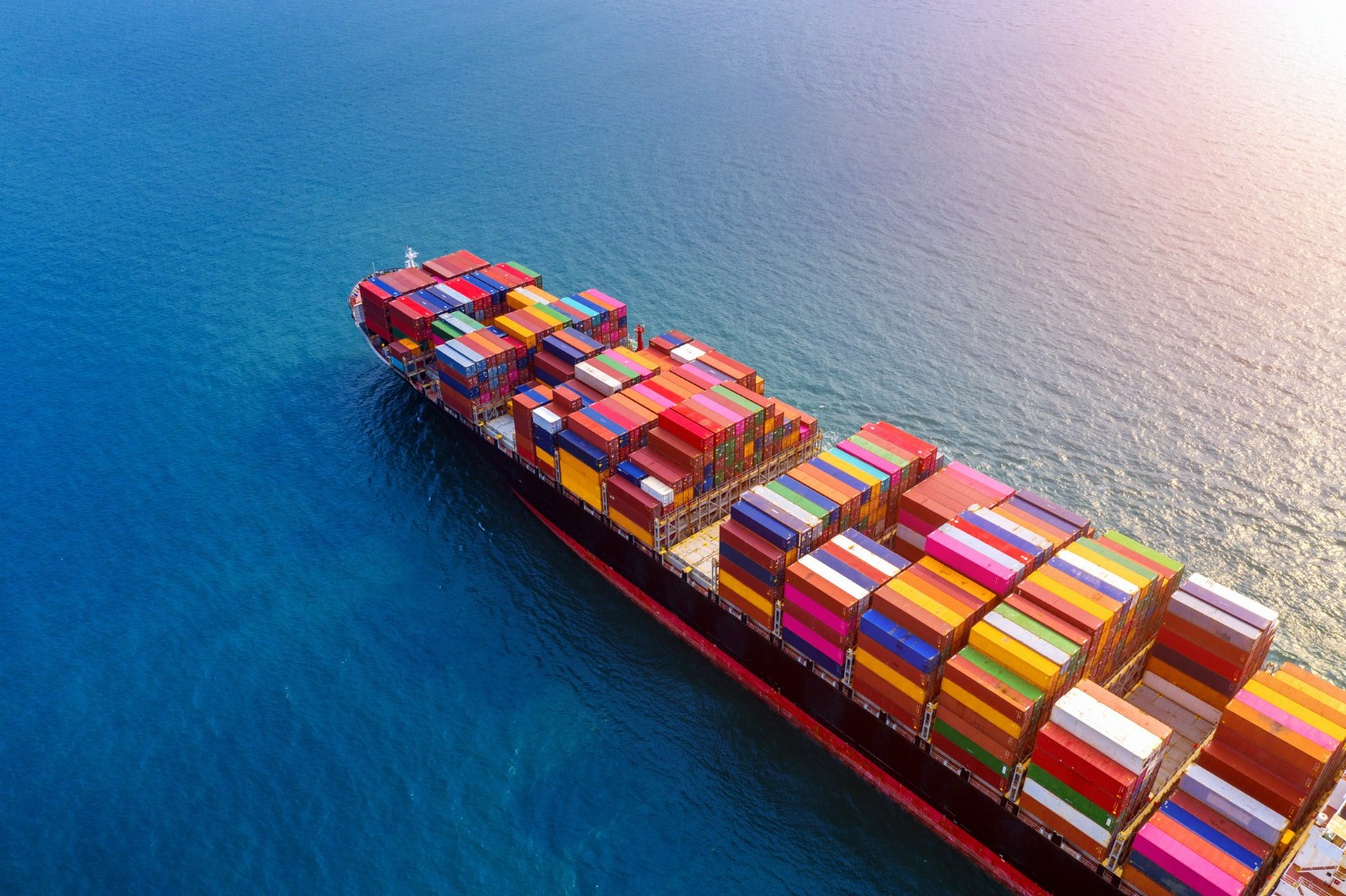
Top 10 Benefits of Ocean Freight Shipping
22 Jun, 2022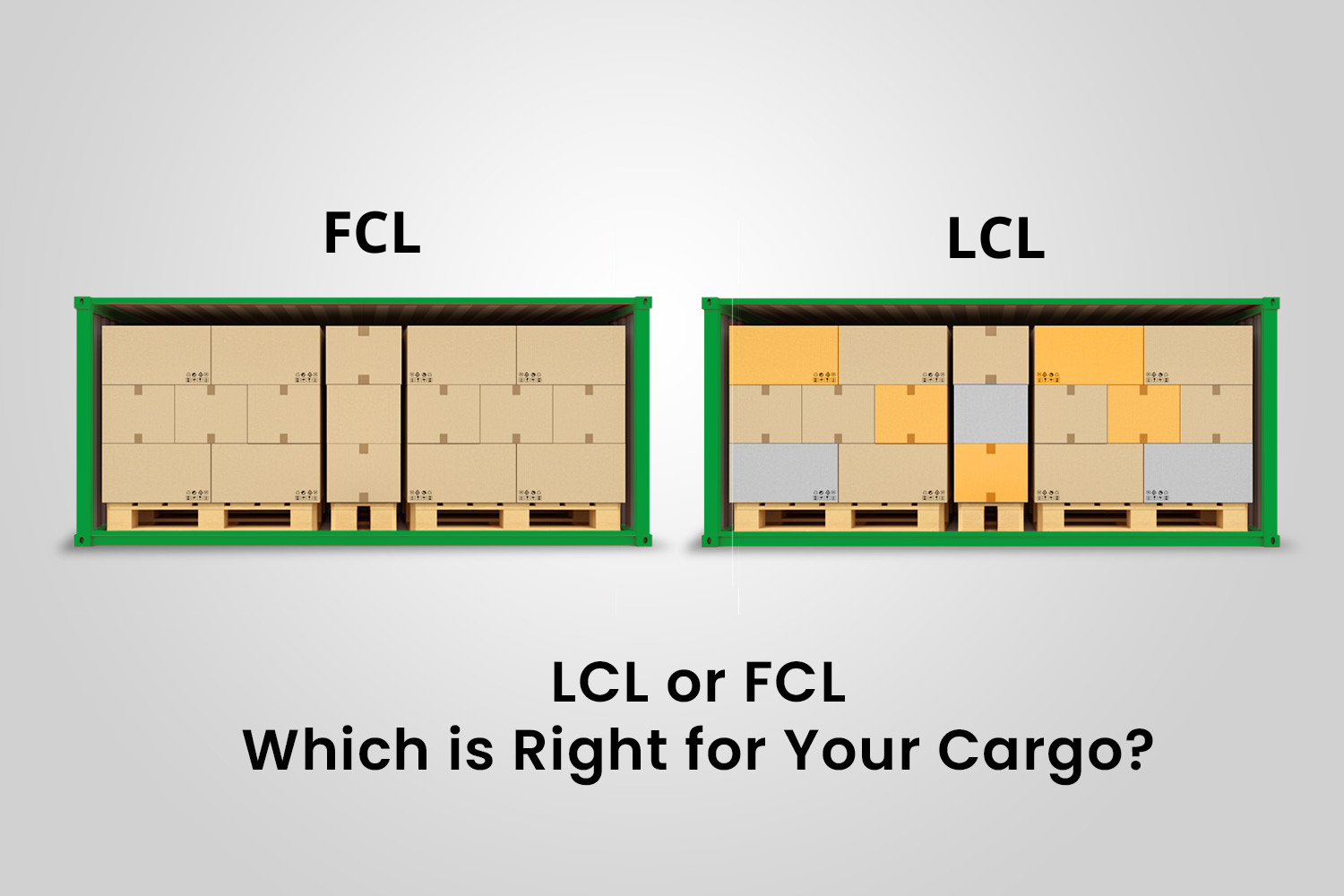
LCL or FCL - Which is Right for Your Cargo?
26 May, 2022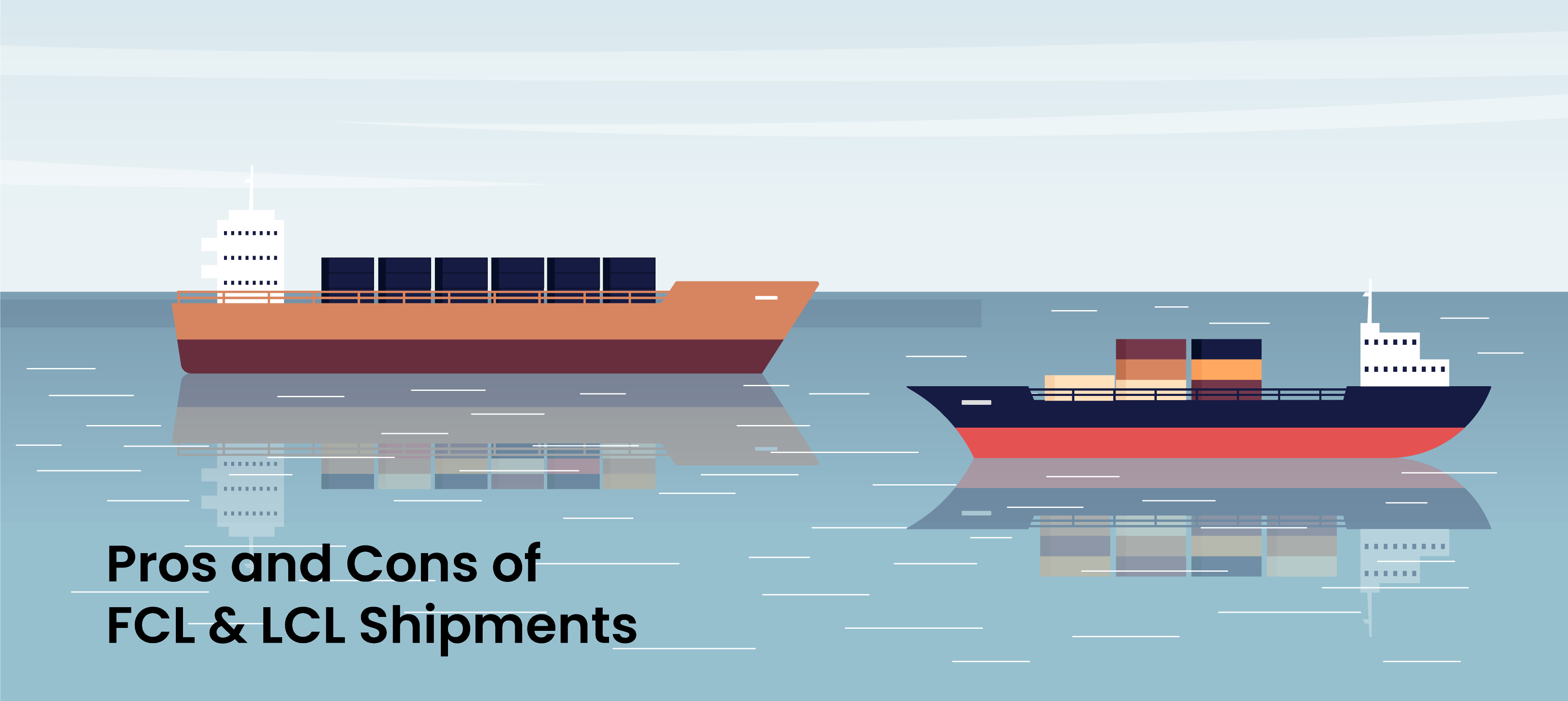
Pros and Cons of FCL & LCL Shipments
21 May, 2022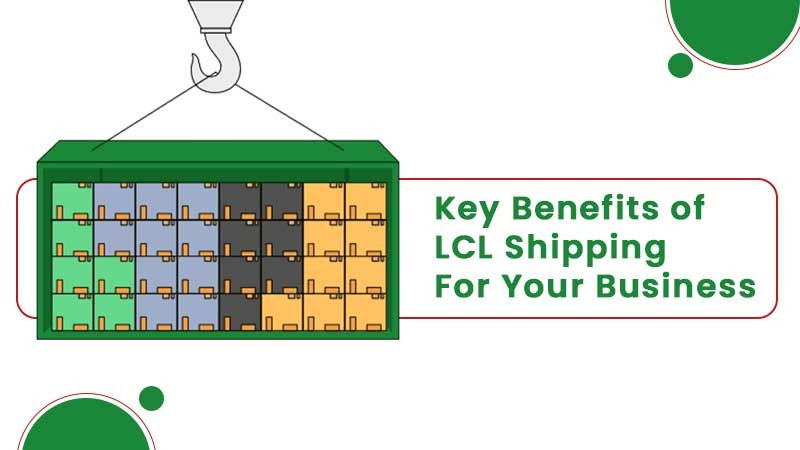
Key Benefits of LCL Shipping for Your Business
28 Jan, 2022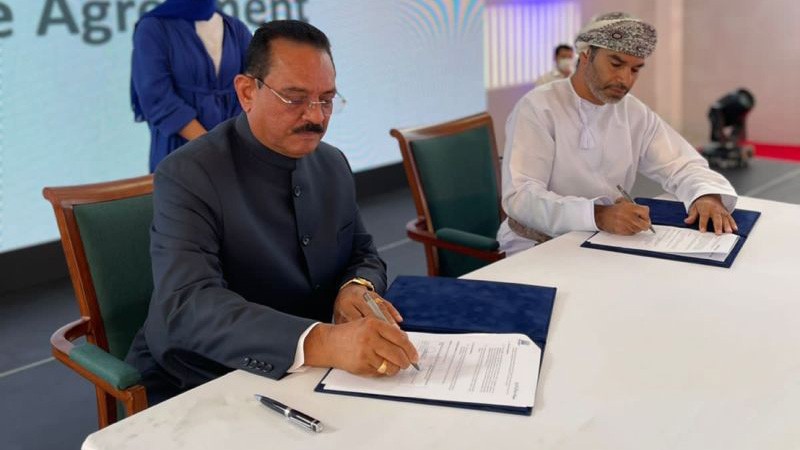

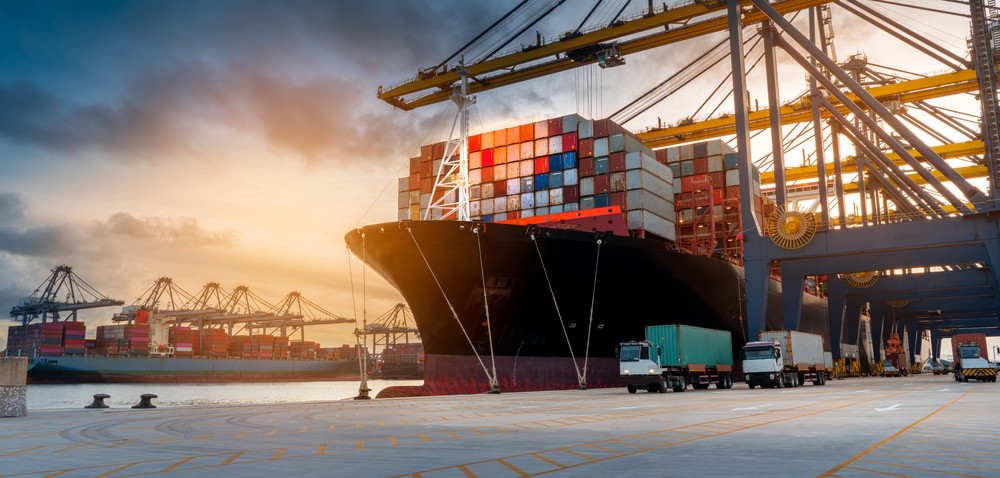
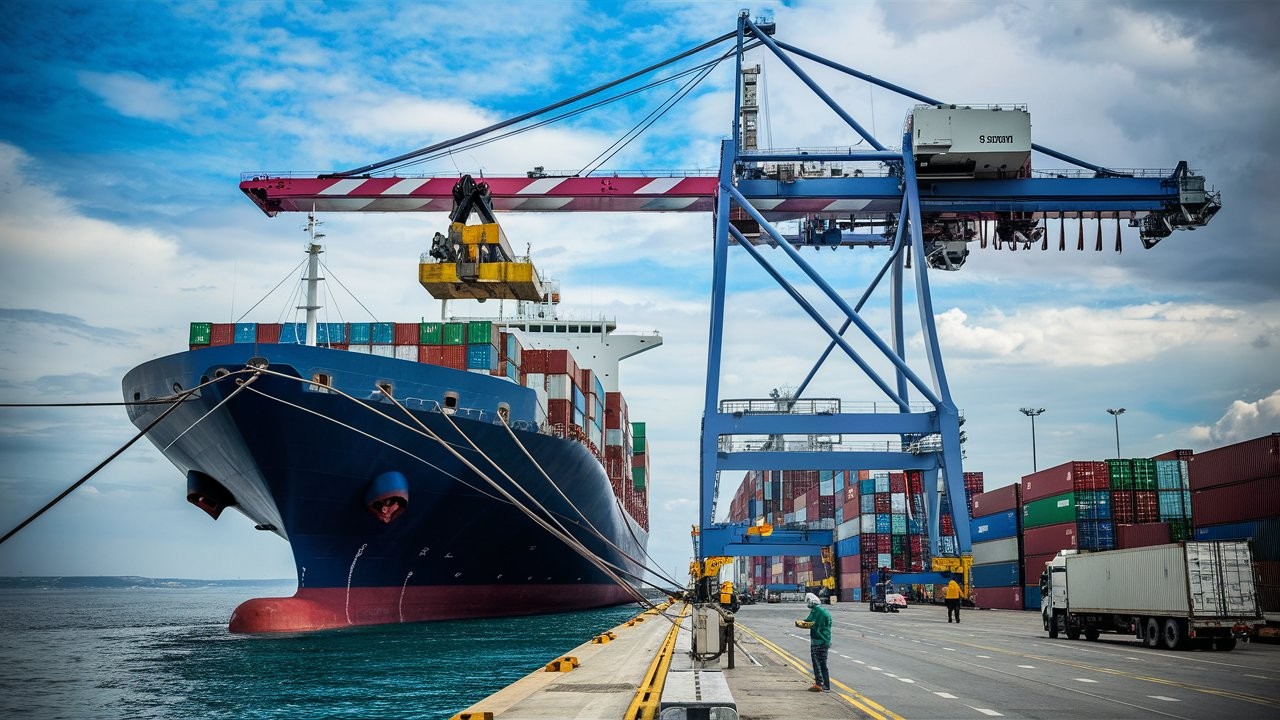
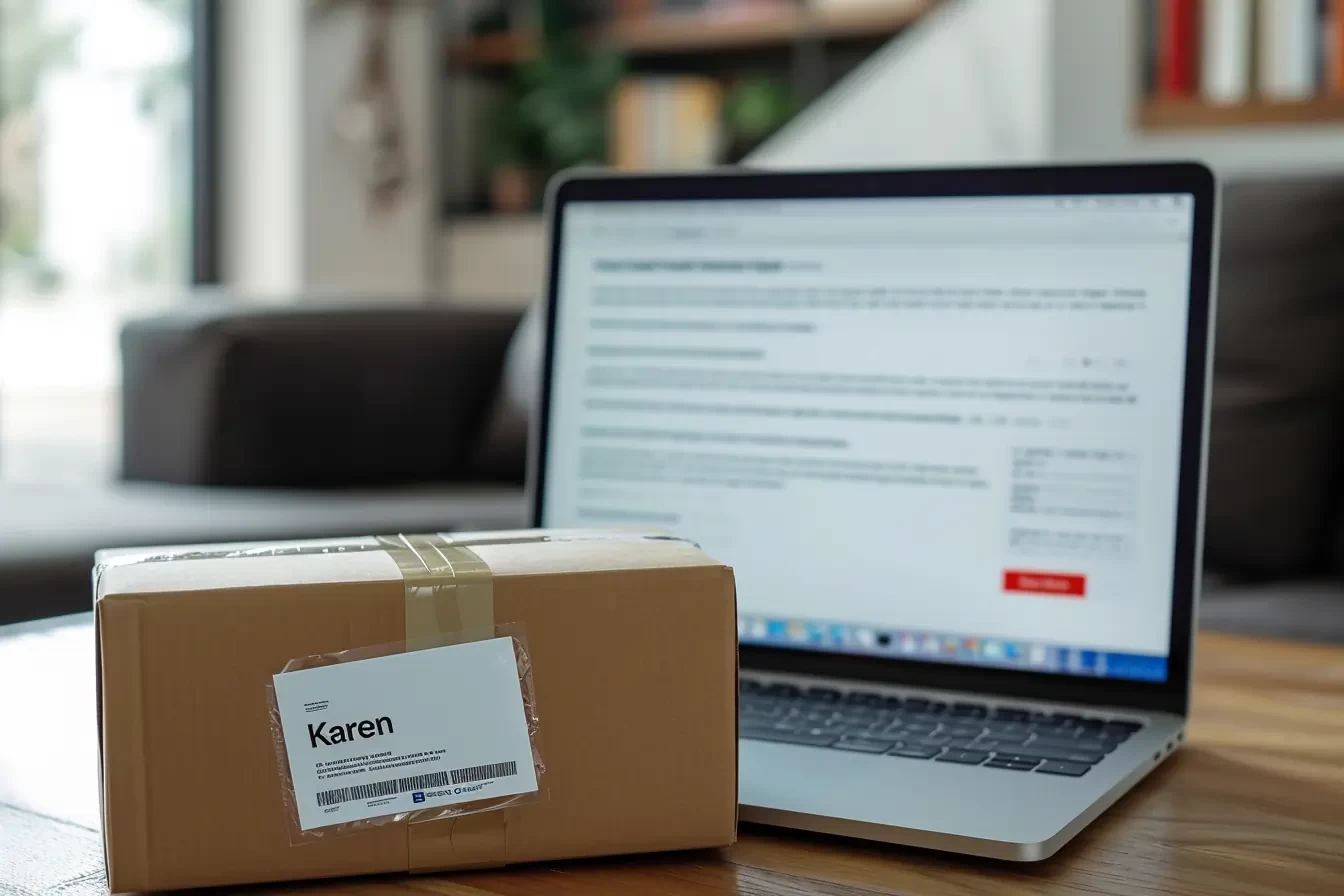
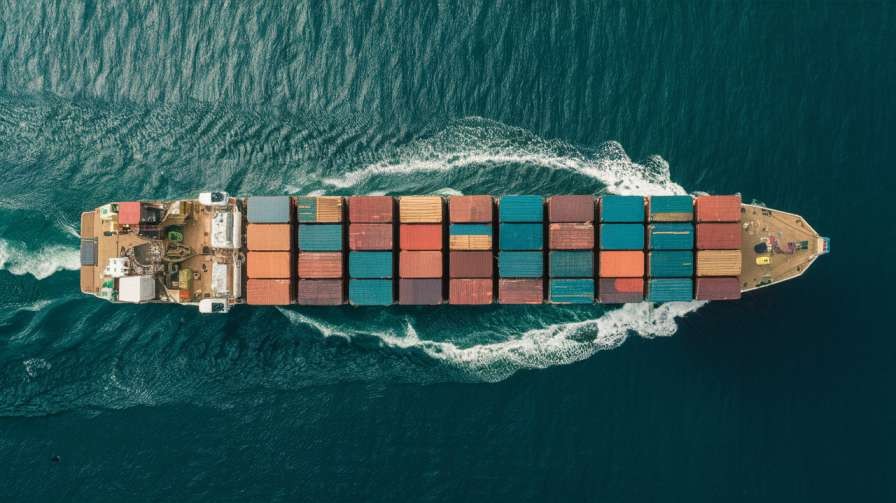
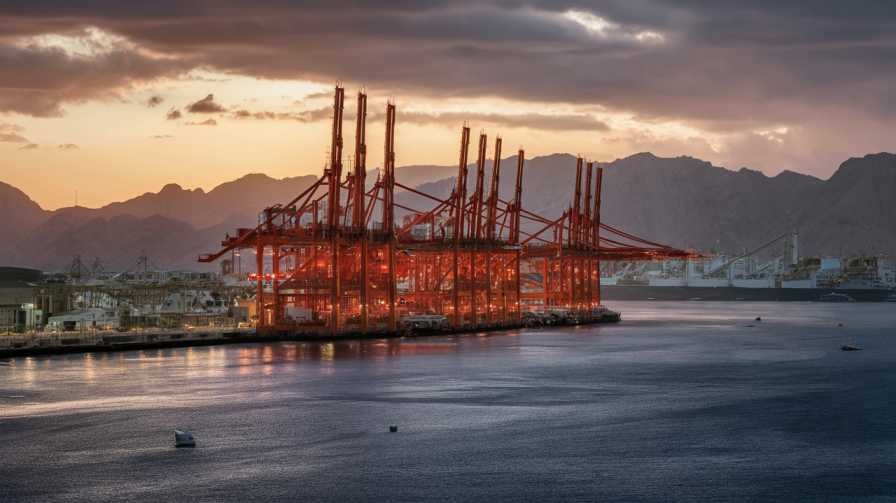
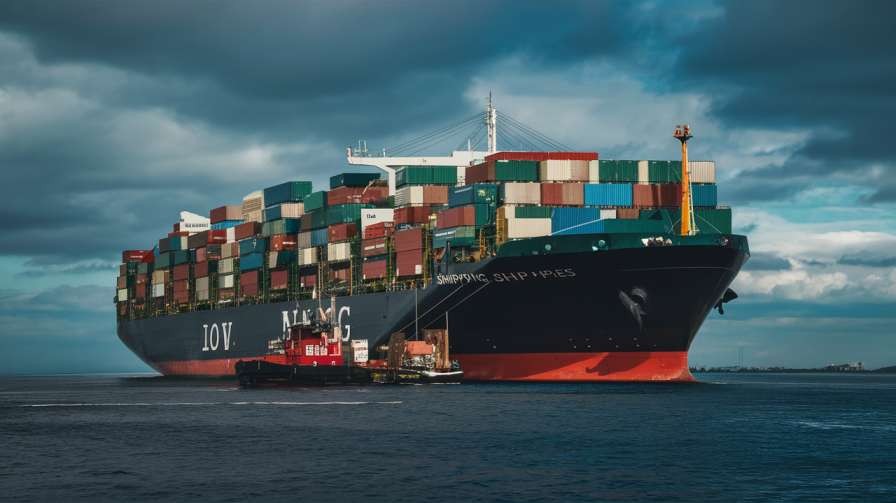
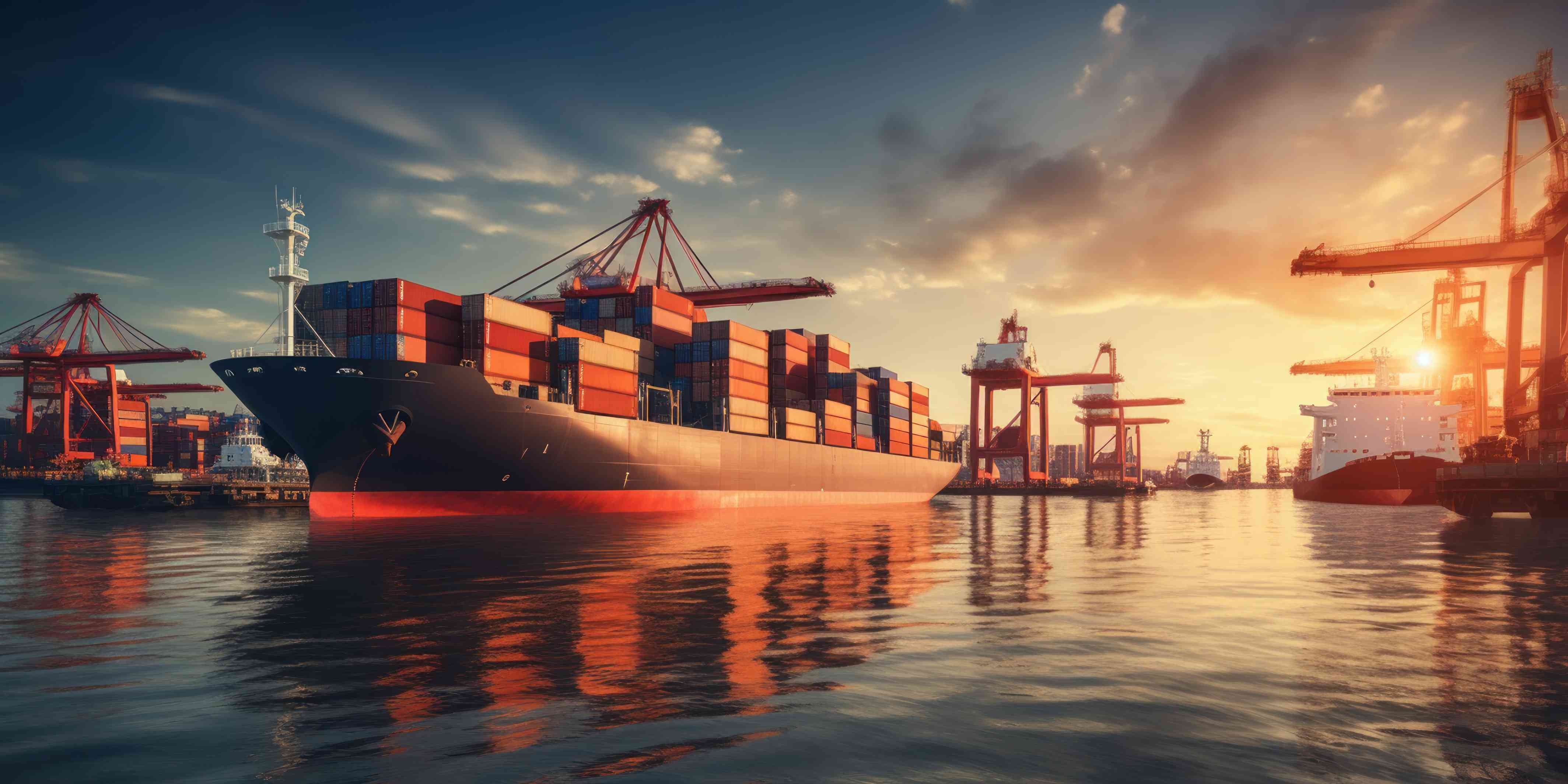
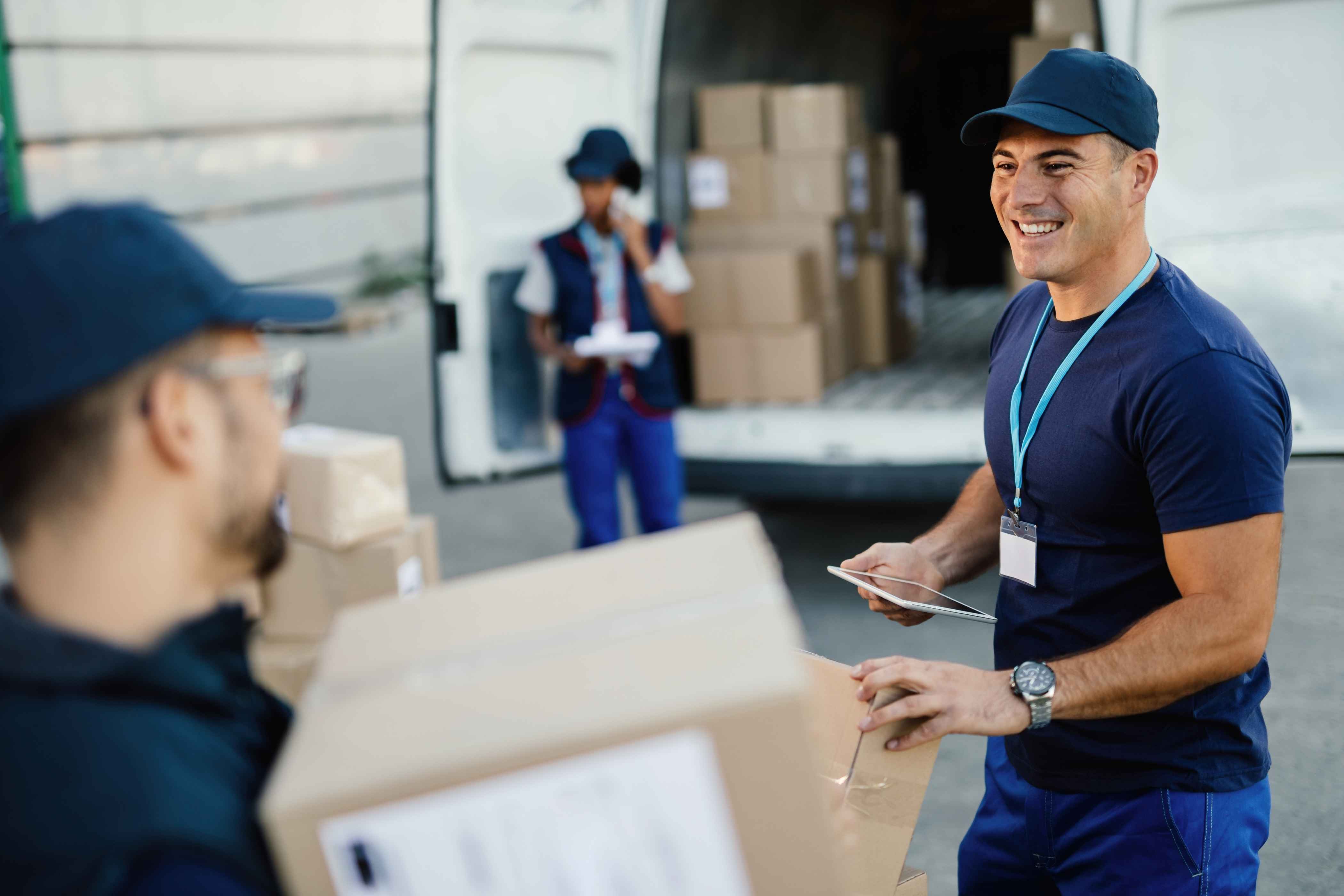
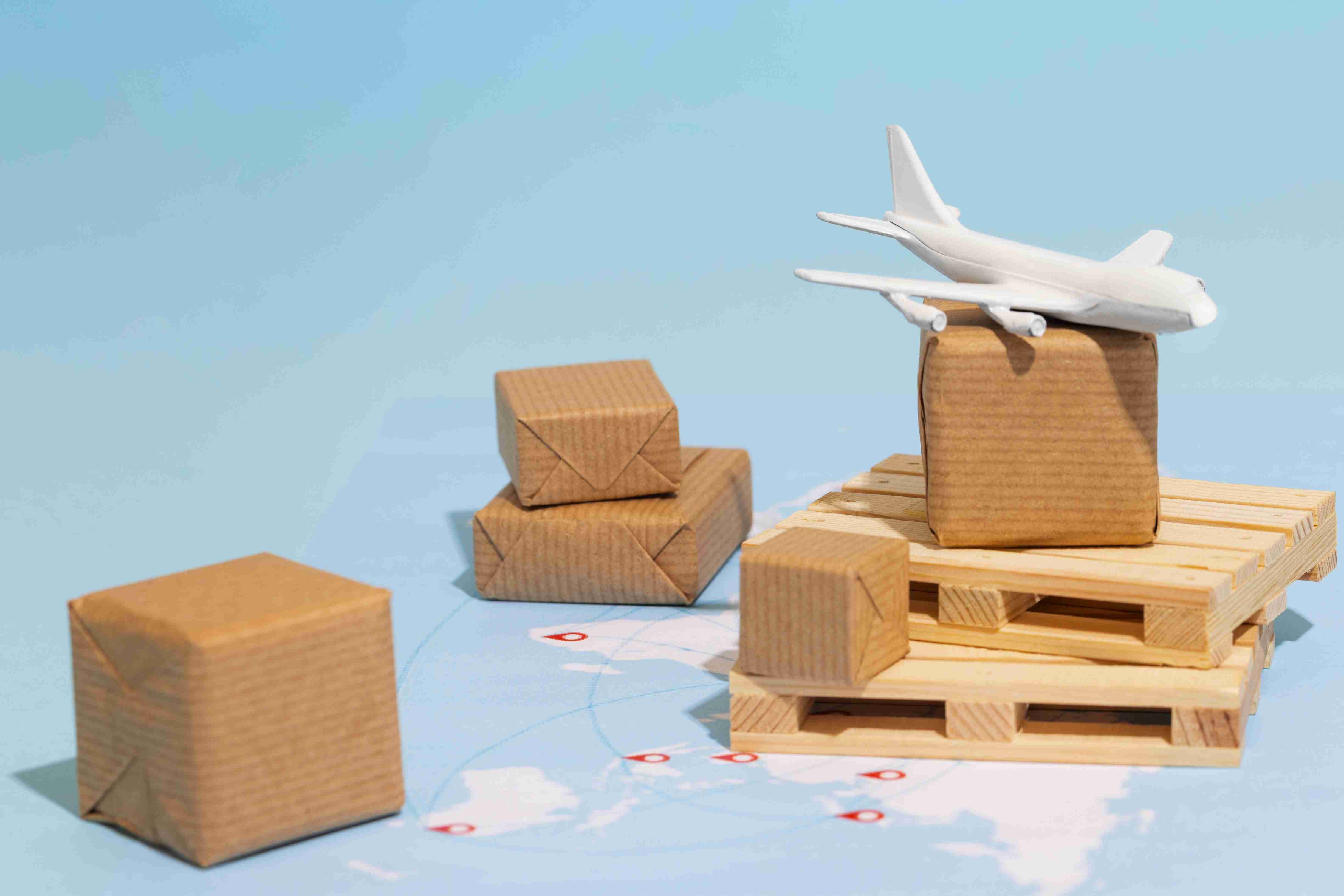
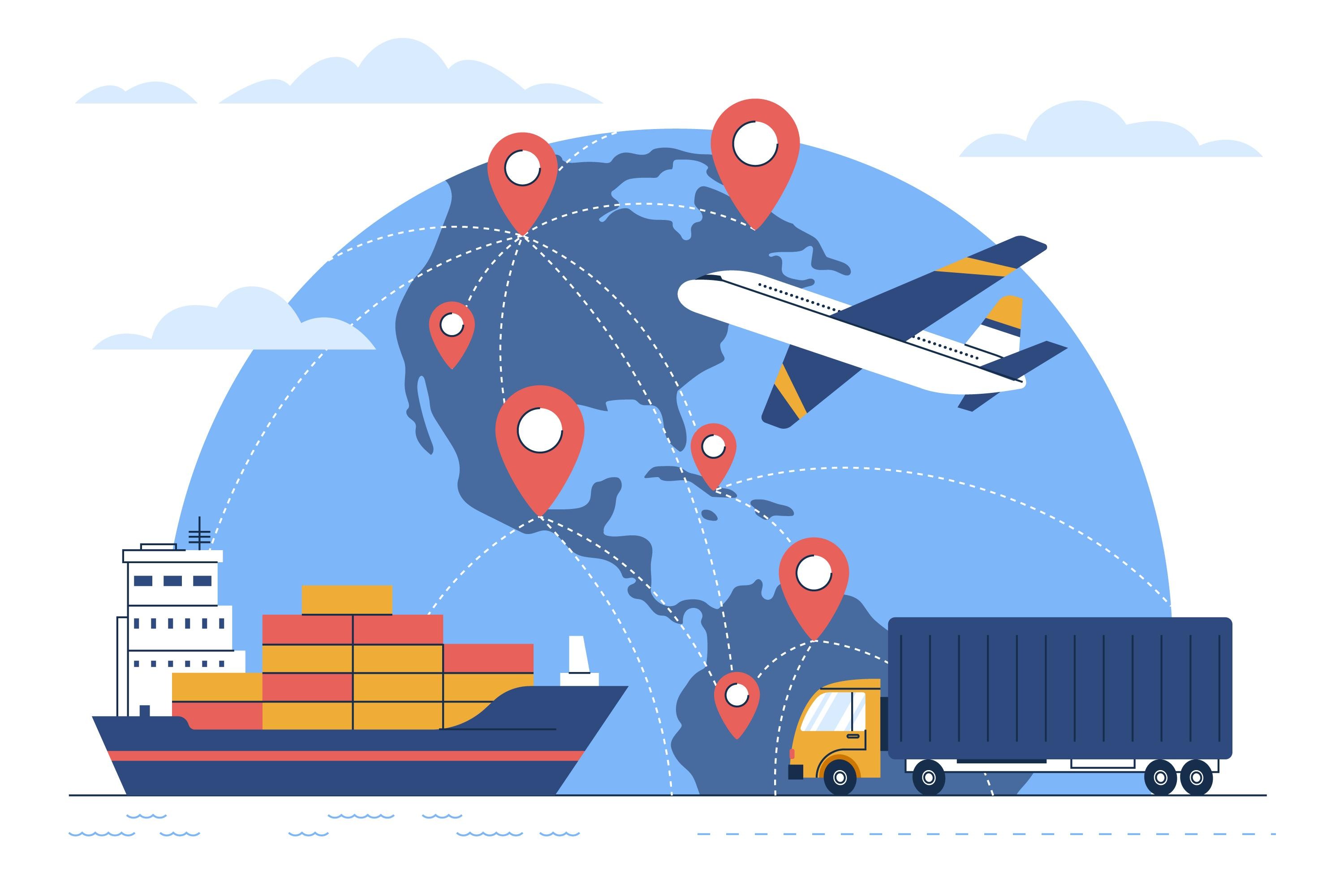


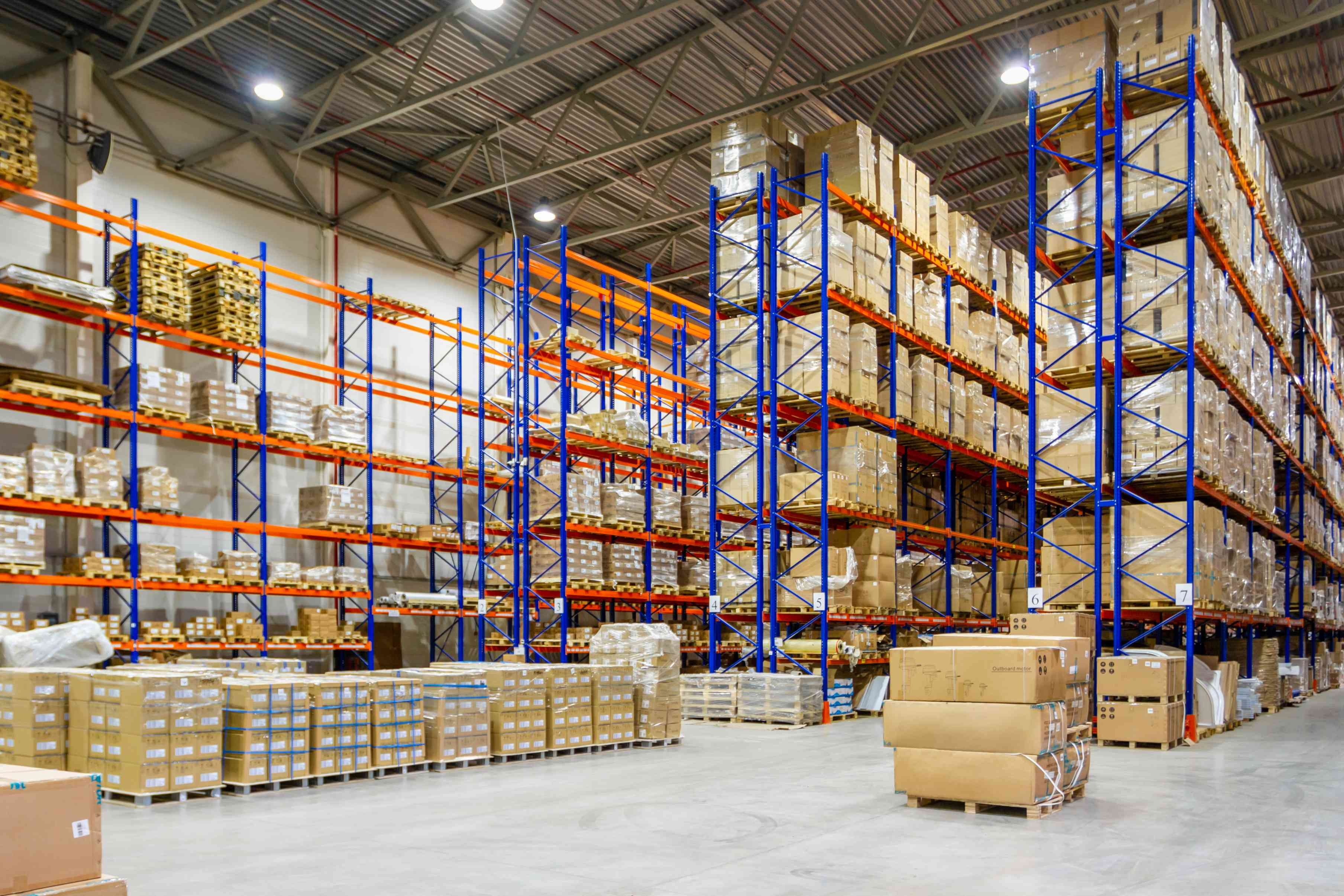
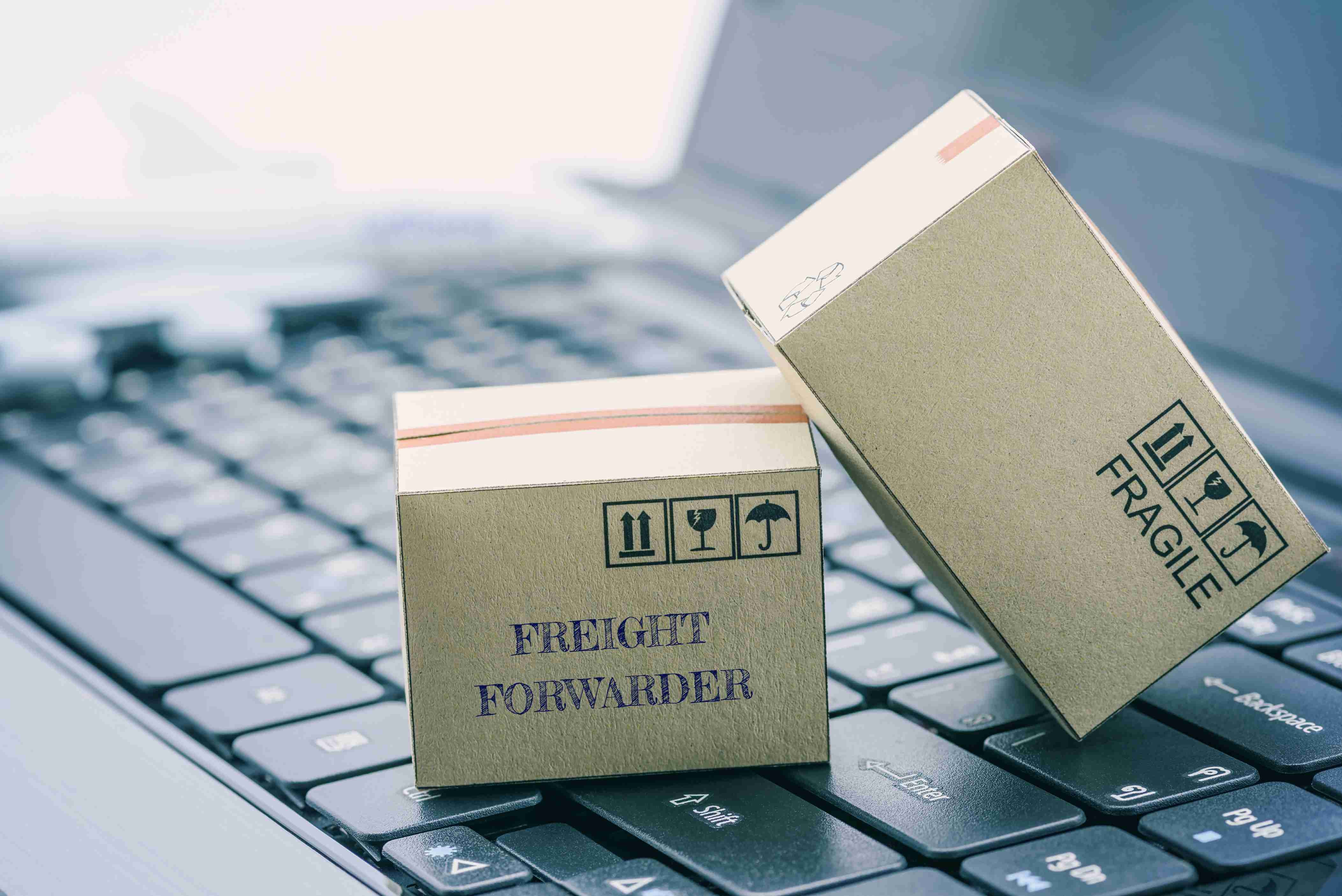
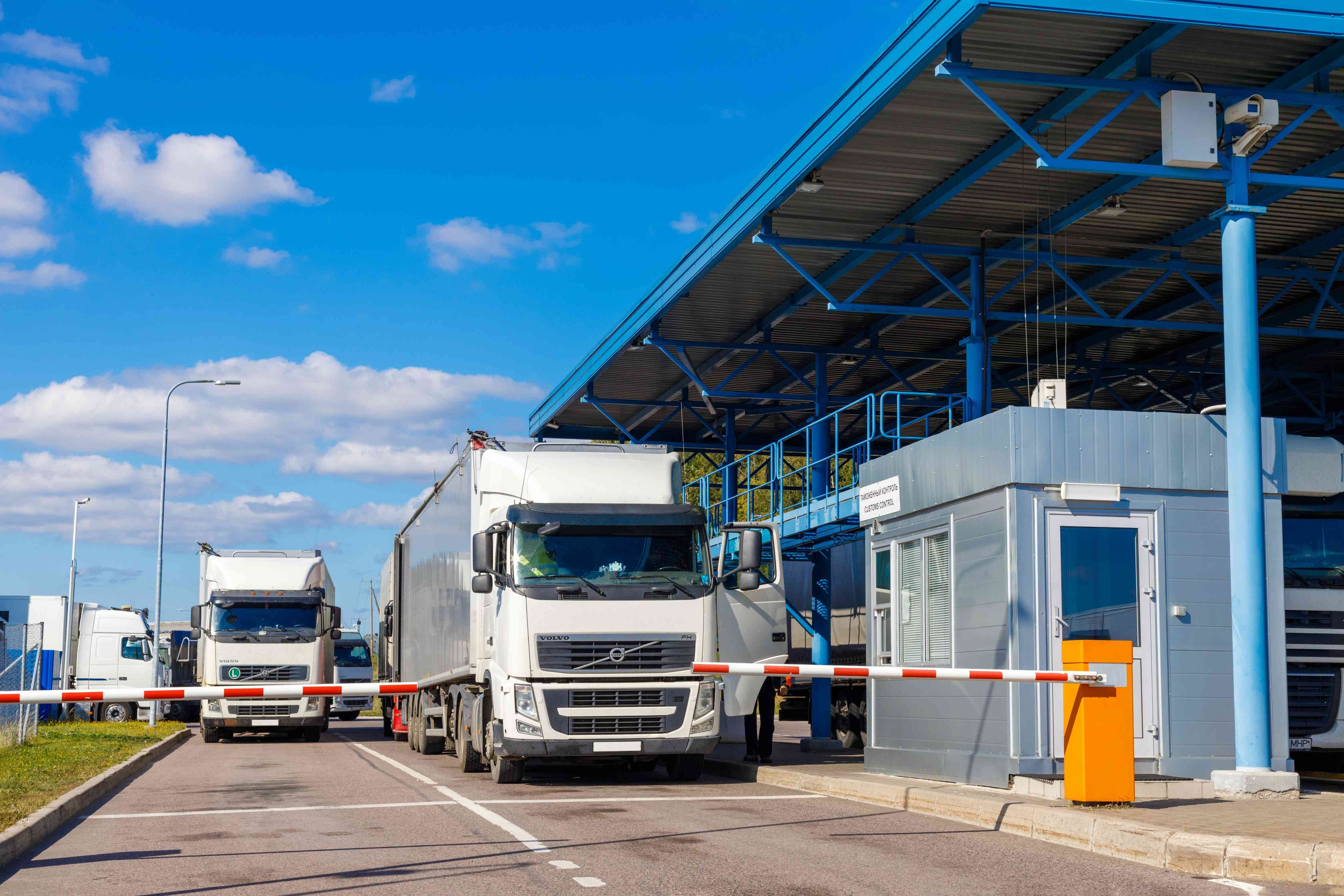
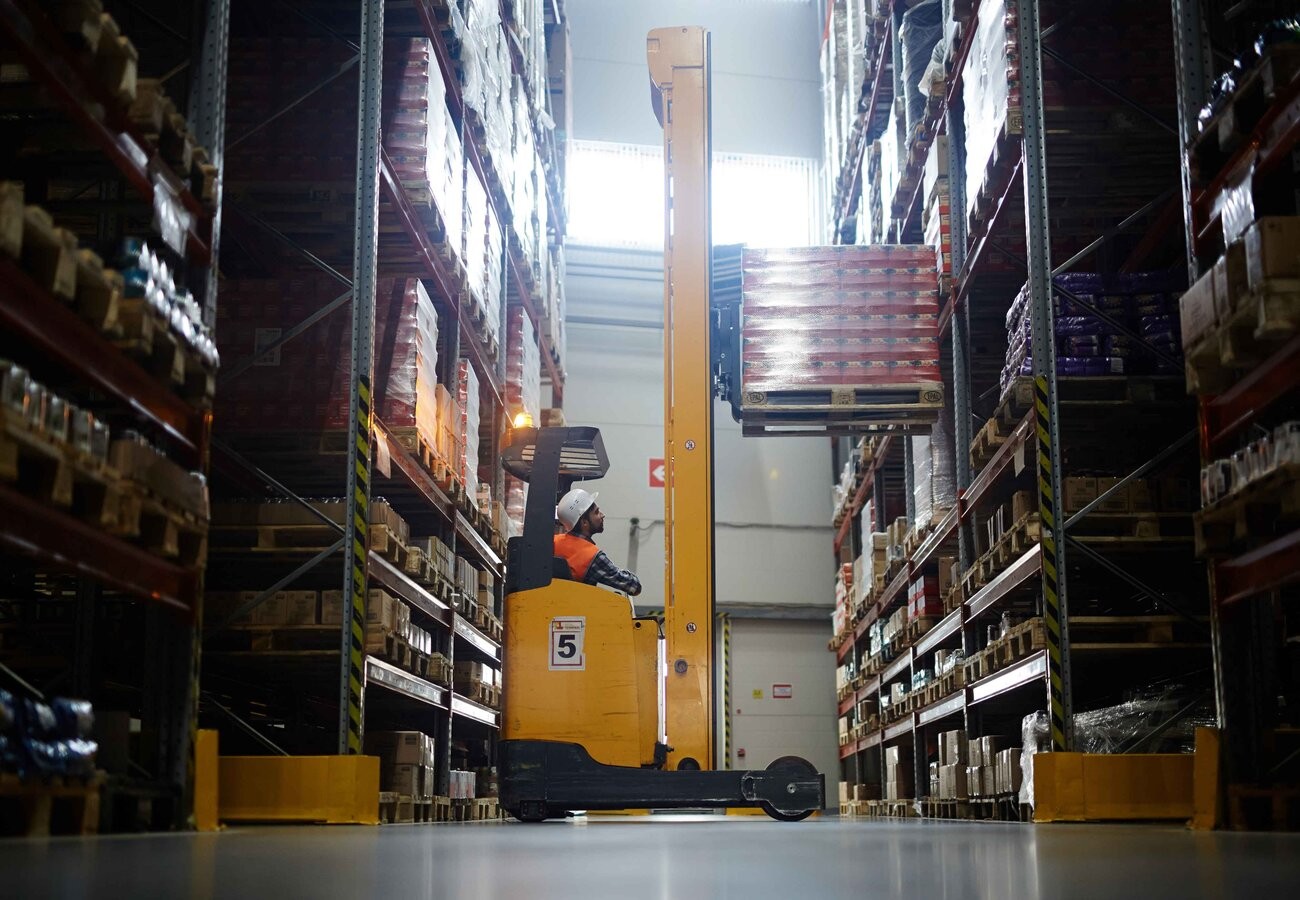
64ef6d522bd5d.jpg)
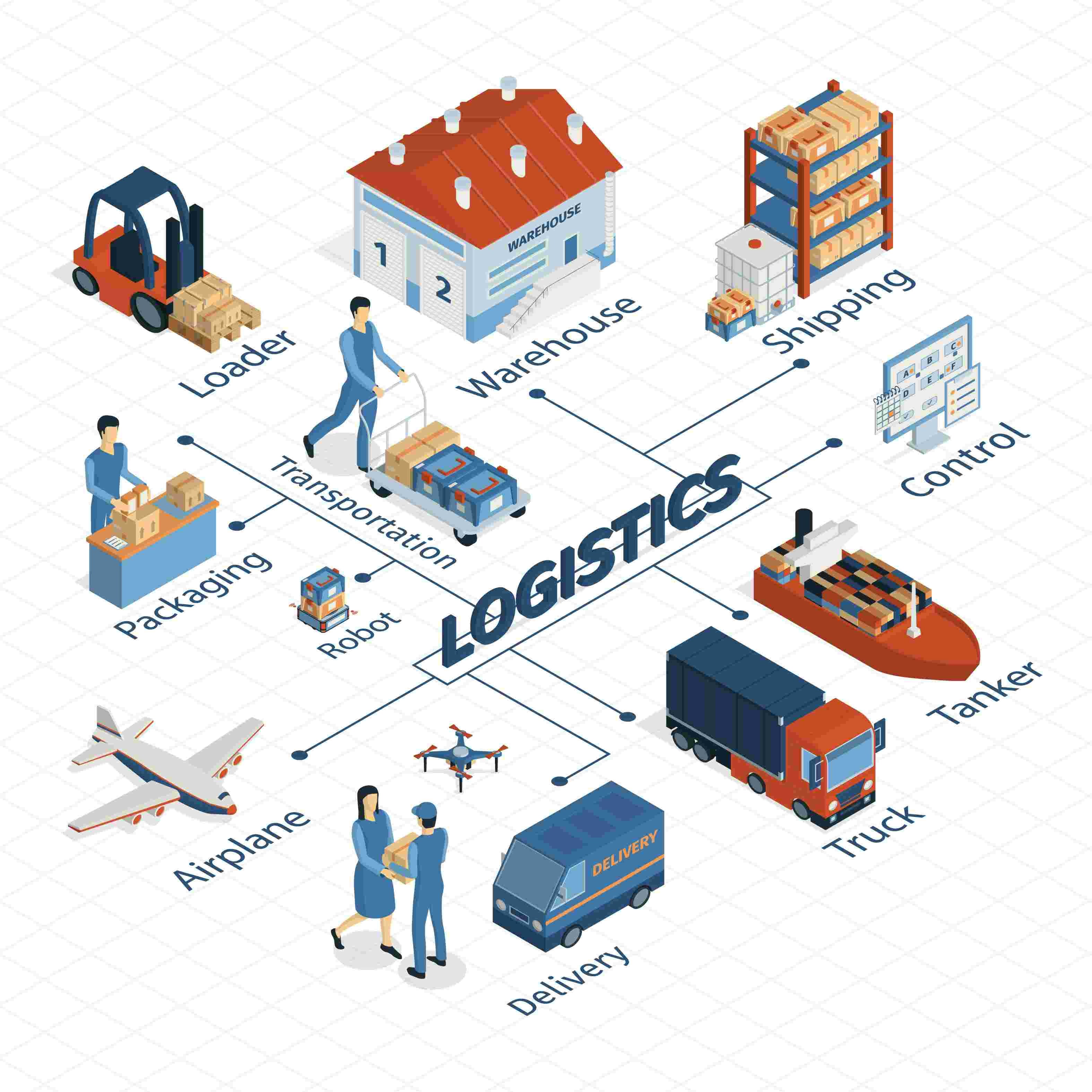
64a477953e86e.jpg)
643ff0cfeaf4e.jpg)
63fcb9023ba5f.jpg)
63d94f83c4432.jpg)
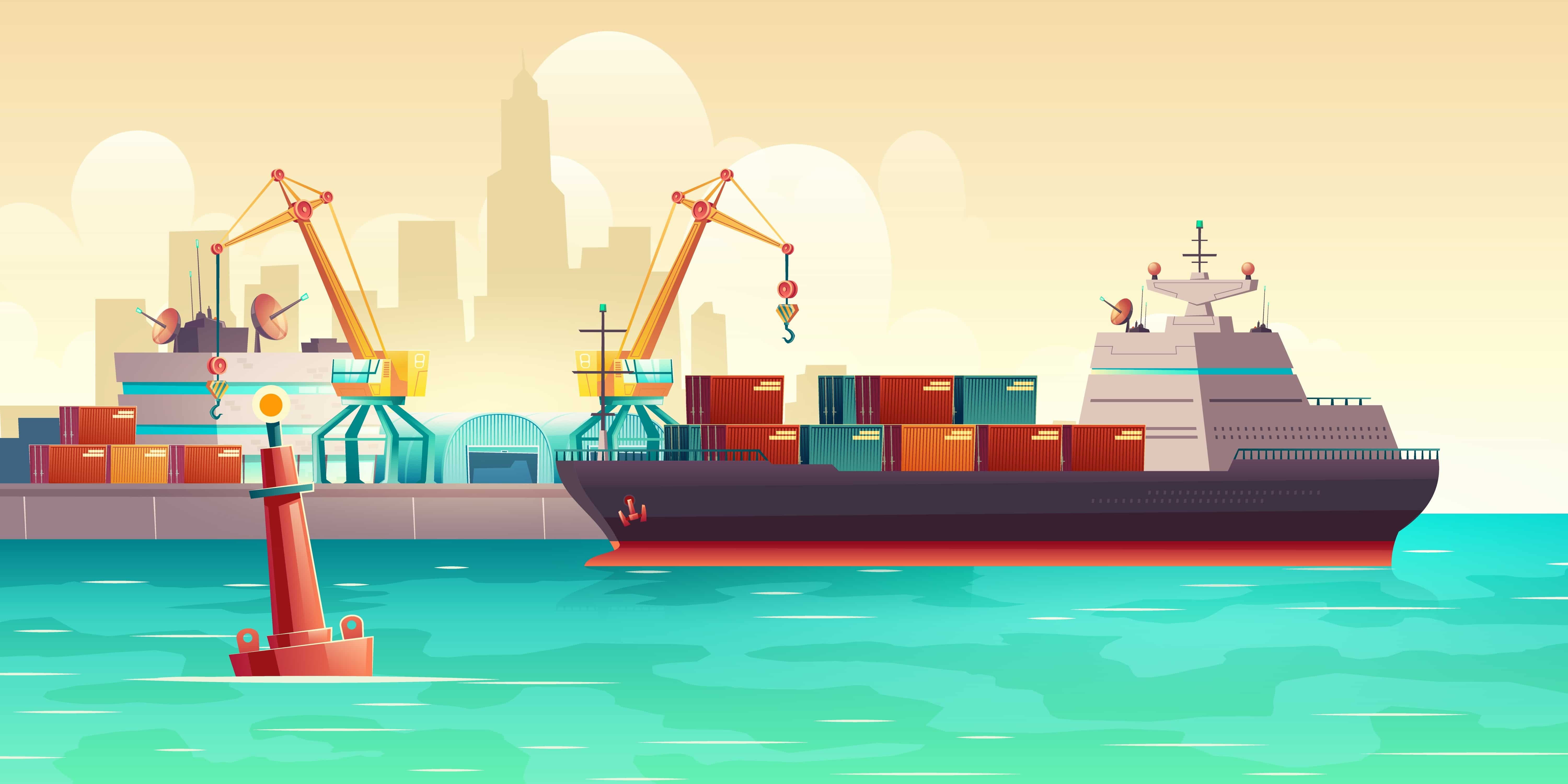

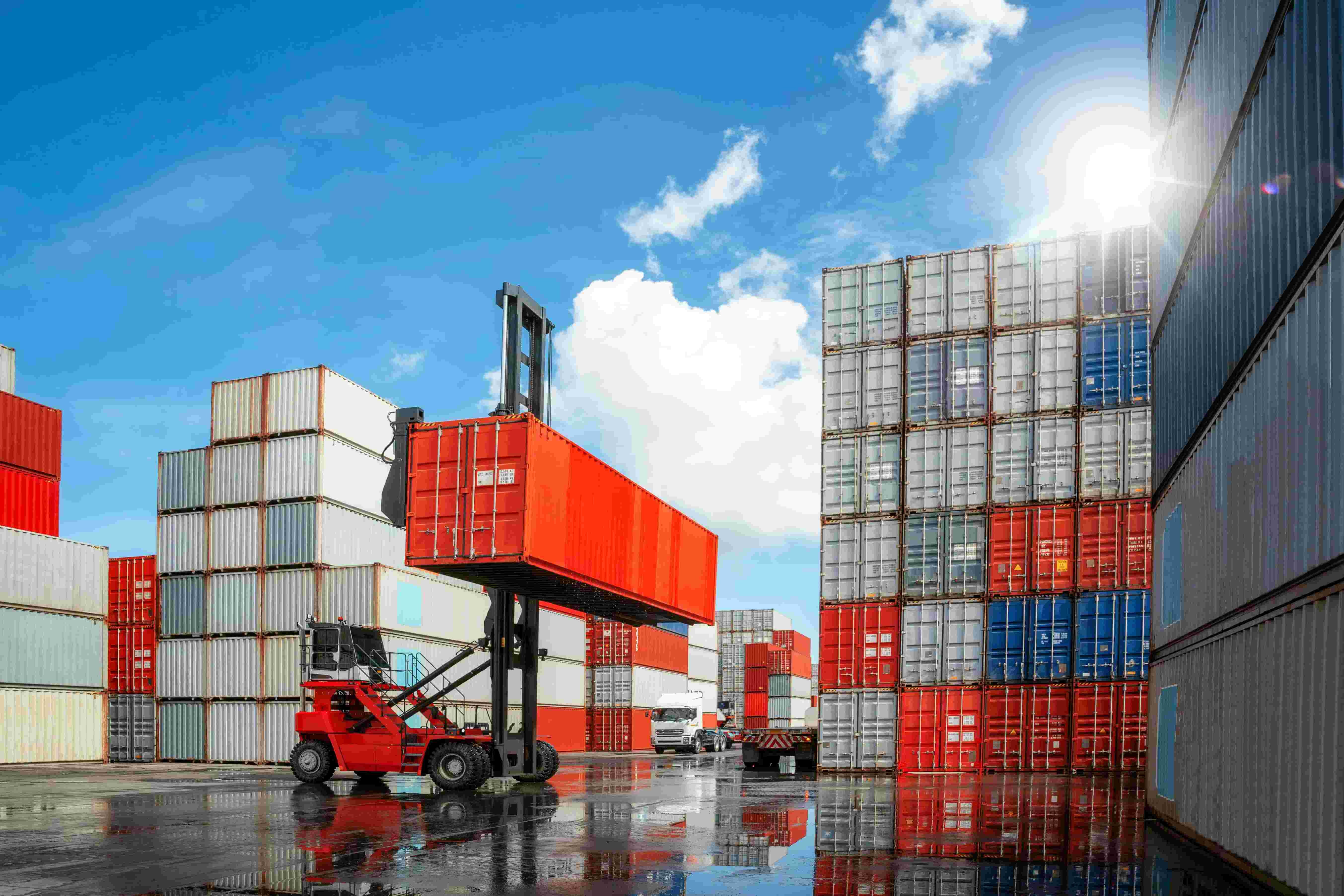
637611972635b.jpg)

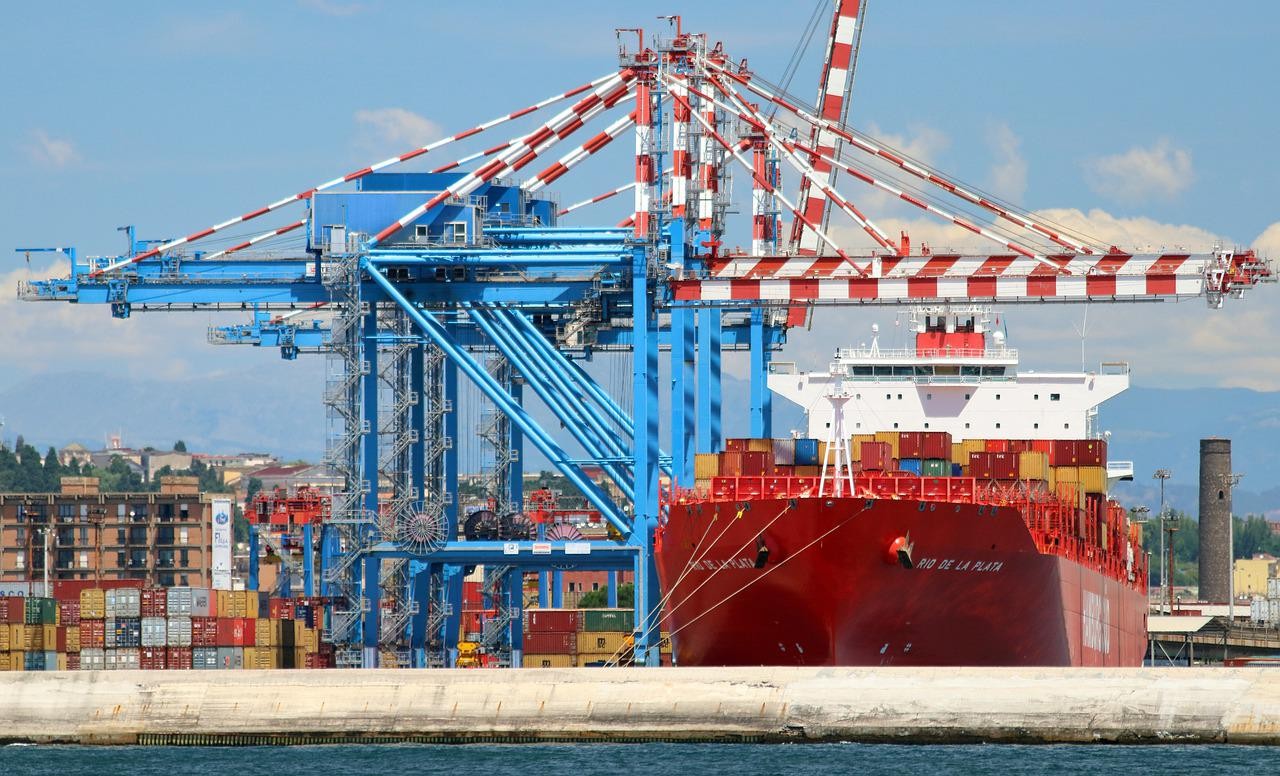

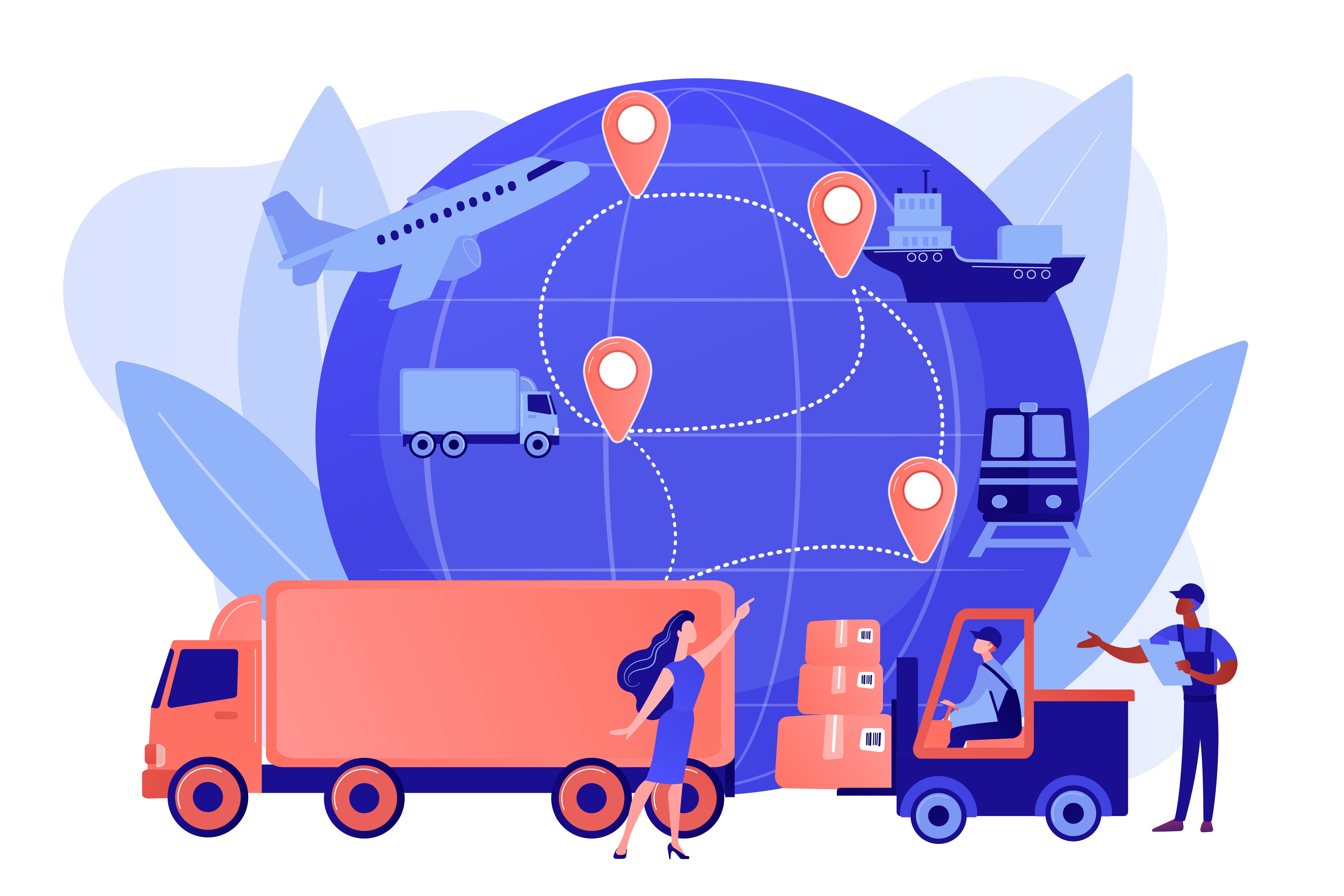
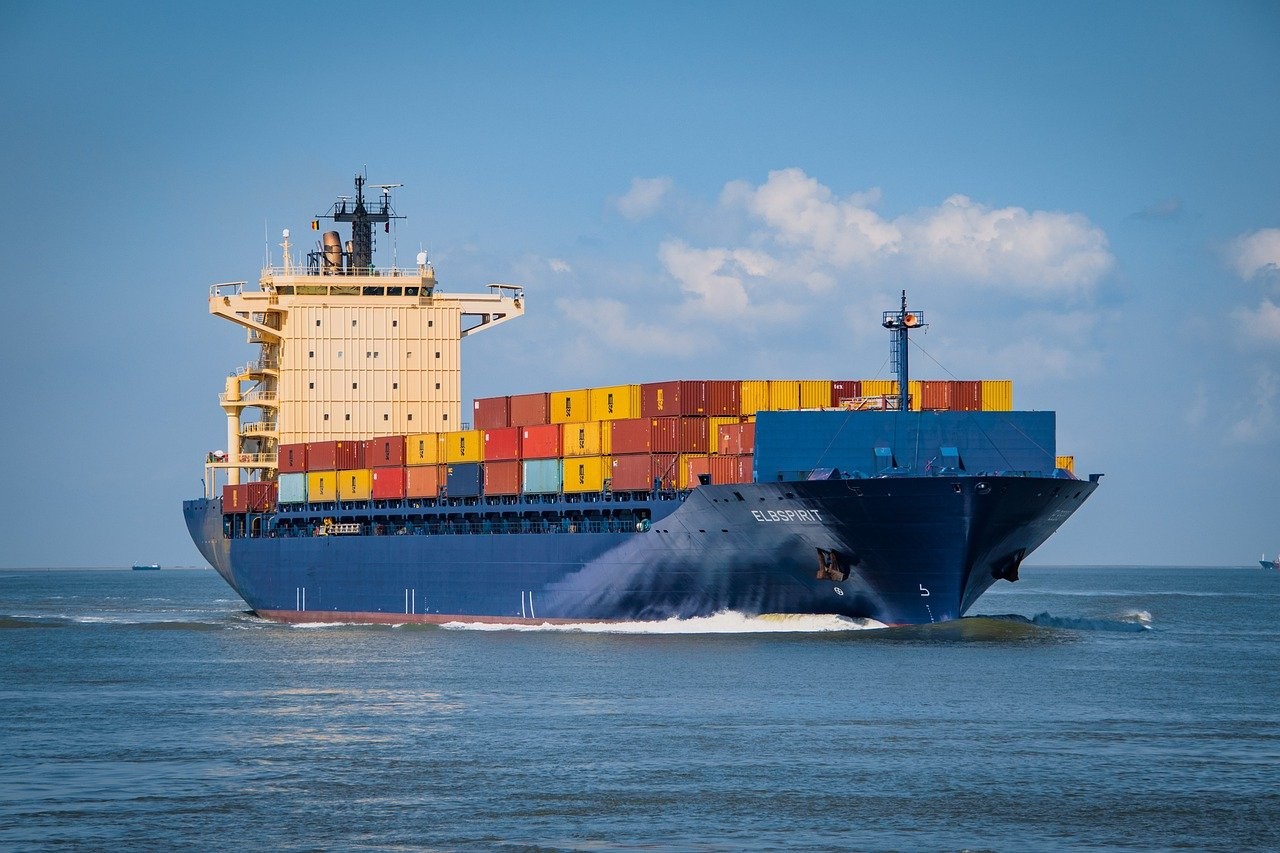
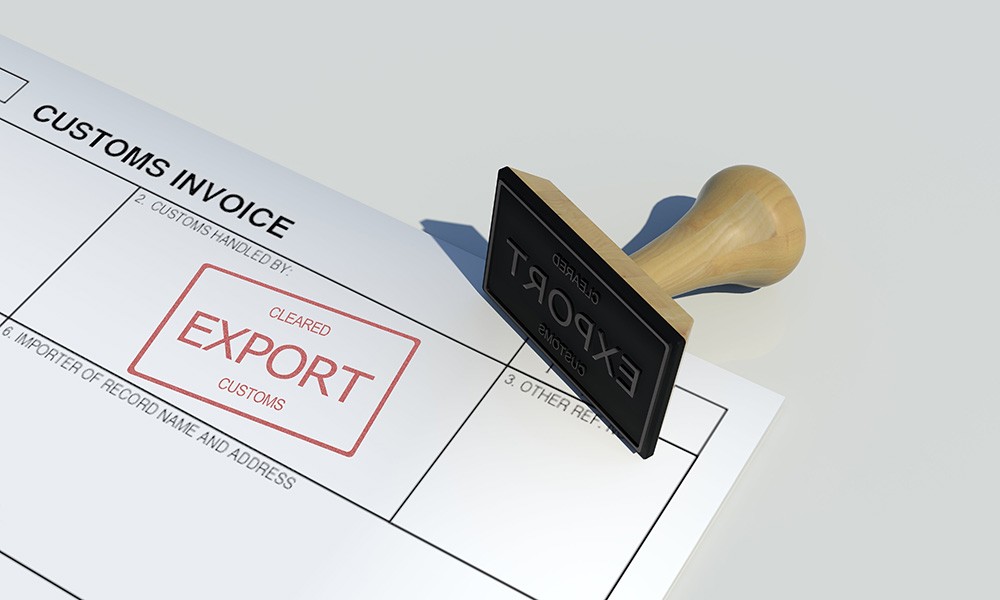
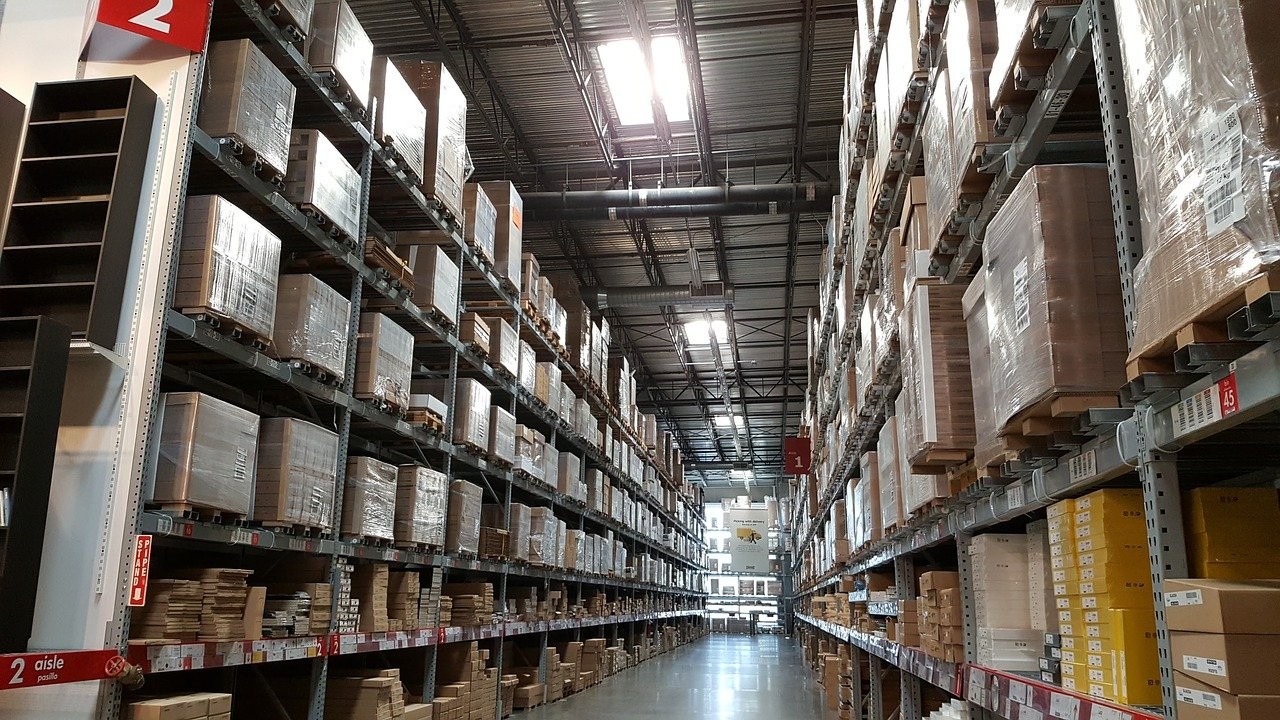
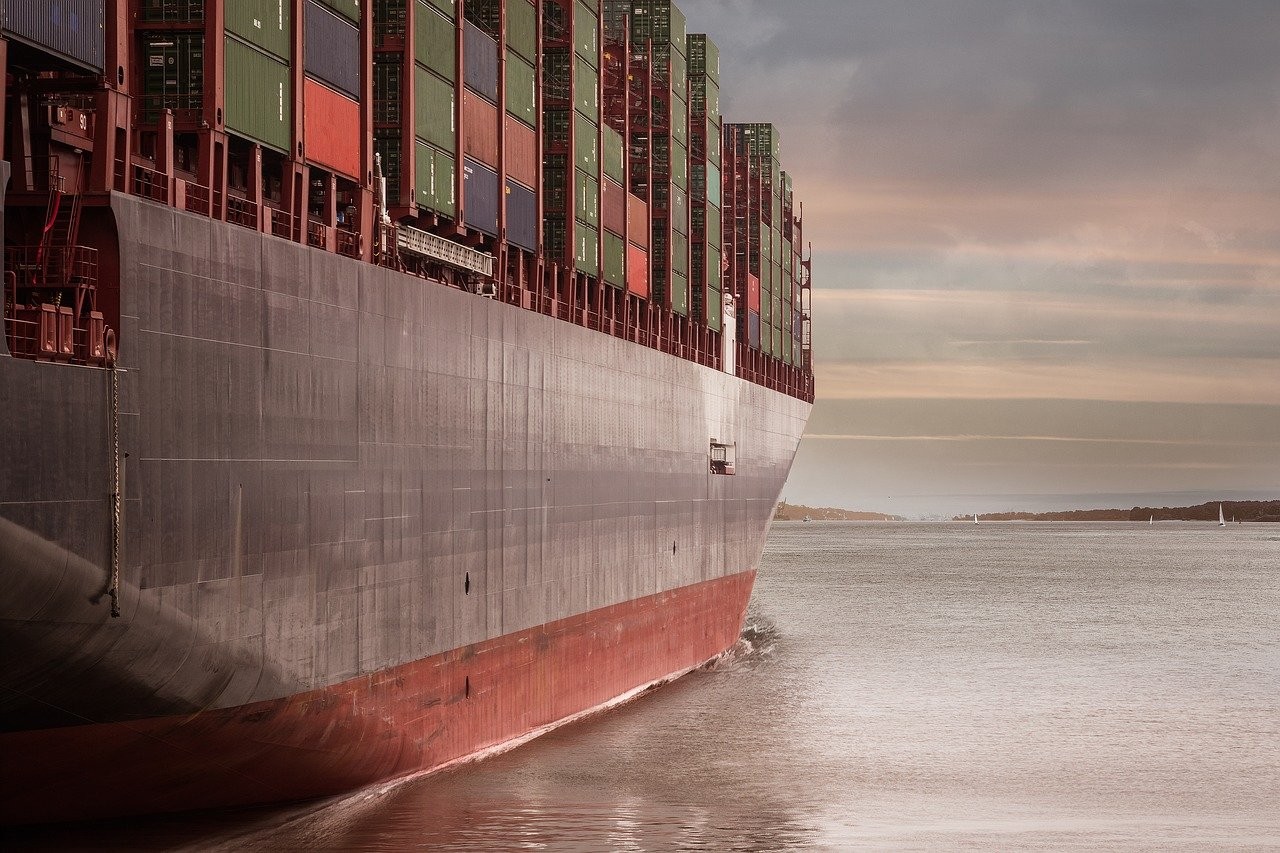
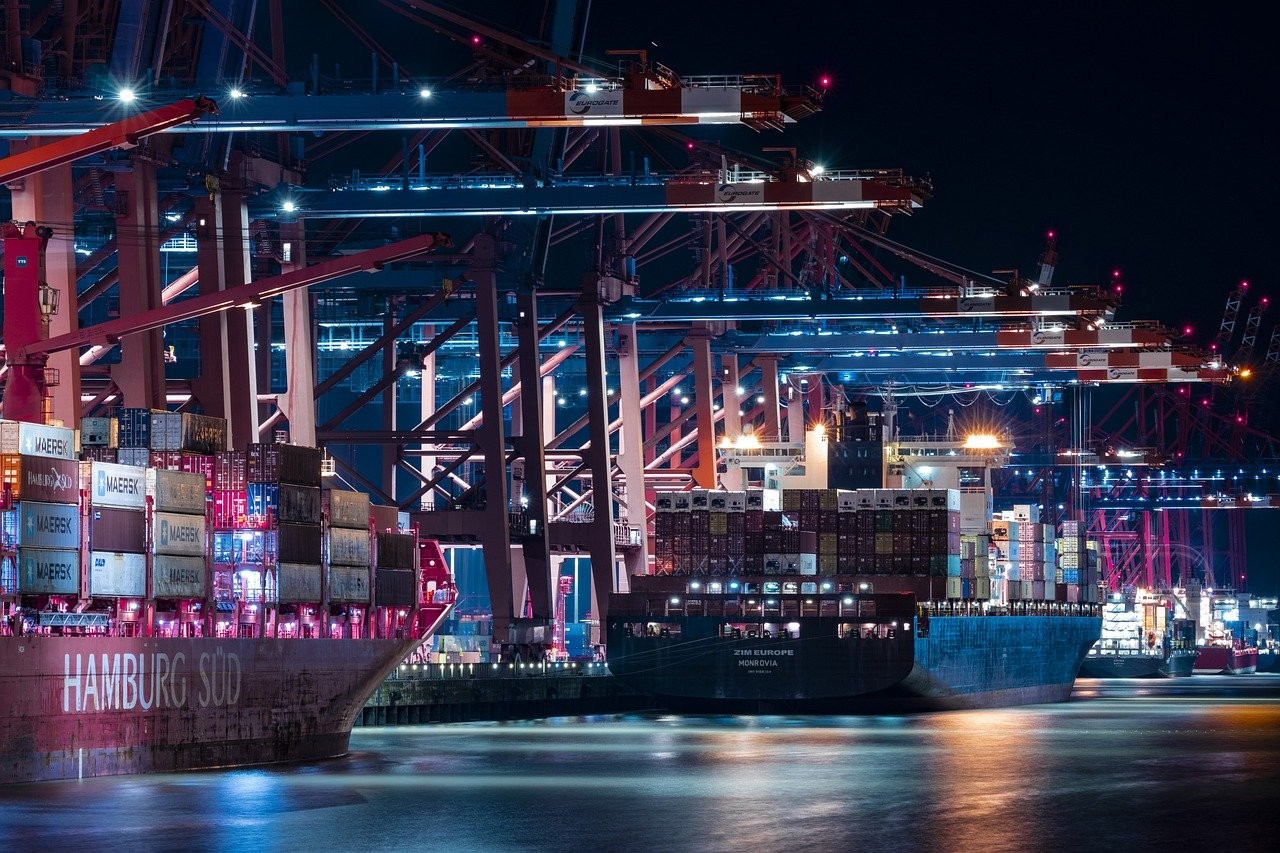
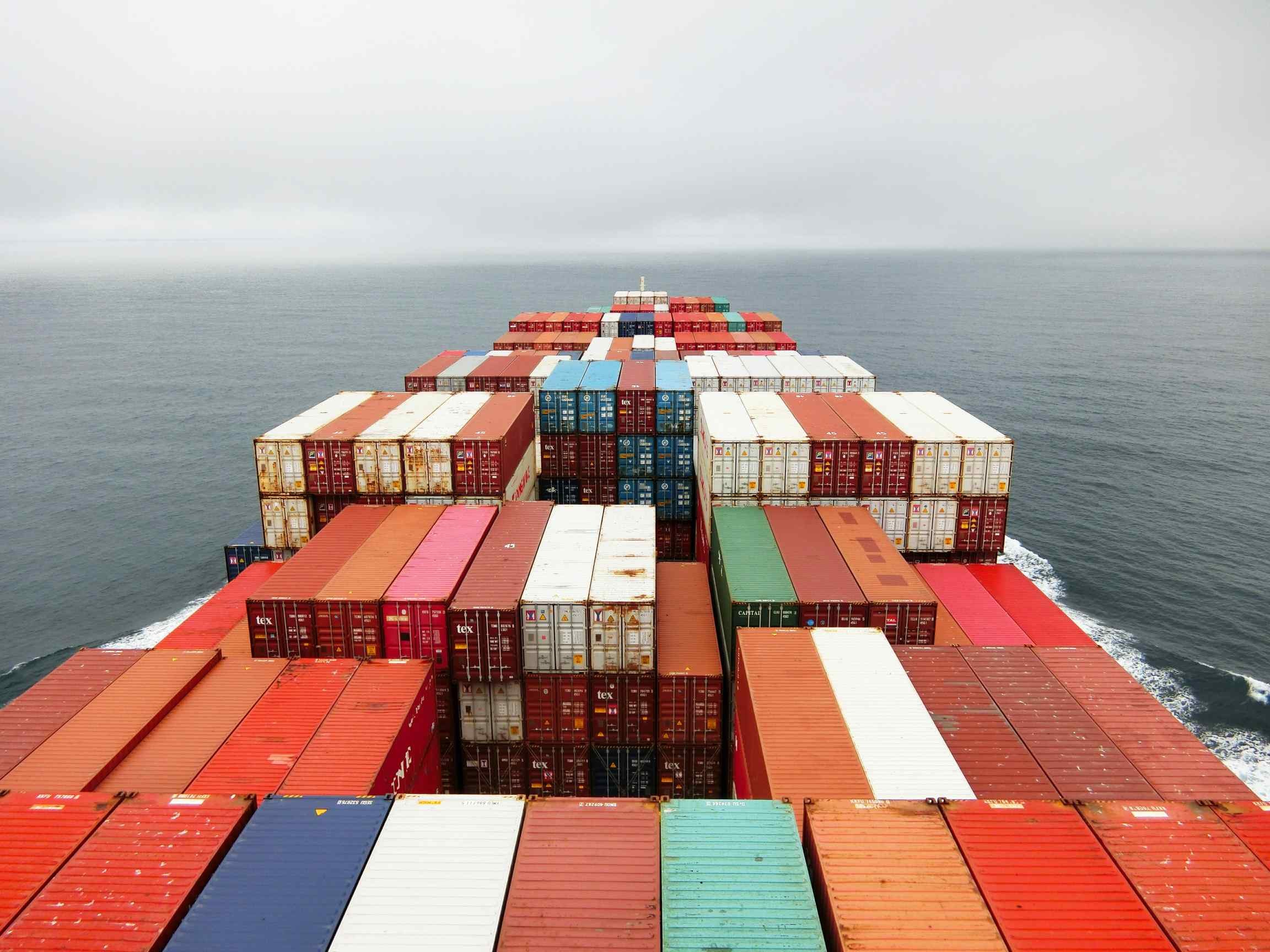
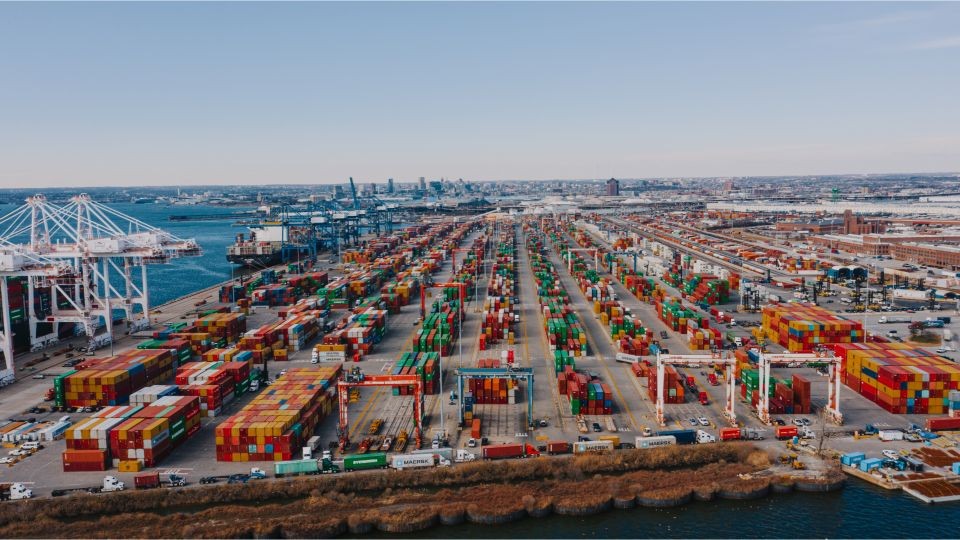

.png)